Herbal Superpowers: Everyday Plants with Hidden Health Benefits
Herbs aren’t just garnish—they’re ancient medicine, modern wellness tools, and some of the most underrated staples in your kitchen. Long before supplements and synthetics, people turned to leaves, roots, and seeds to heal, energize, and protect. Today, science is finally catching up to what tradition has known for centuries: that herbs like basil, rosemary, and tulsi carry powerful compounds that can boost immunity, calm inflammation, sharpen focus, and more. Whether steeped into teas, tossed into meals, or taken as tinctures, these plants are practical, potent, and incredibly easy to use. That’s why we’ve expanded our list of common herbs you should know—each with its own science-backed health benefits and simple ways to work it into your routine. Think of this as your everyday guide to the greenest medicine aisle on Earth. Ready to upgrade your spice rack—and your well-being? Let’s dig in.
1. Basil: The Royal Herb
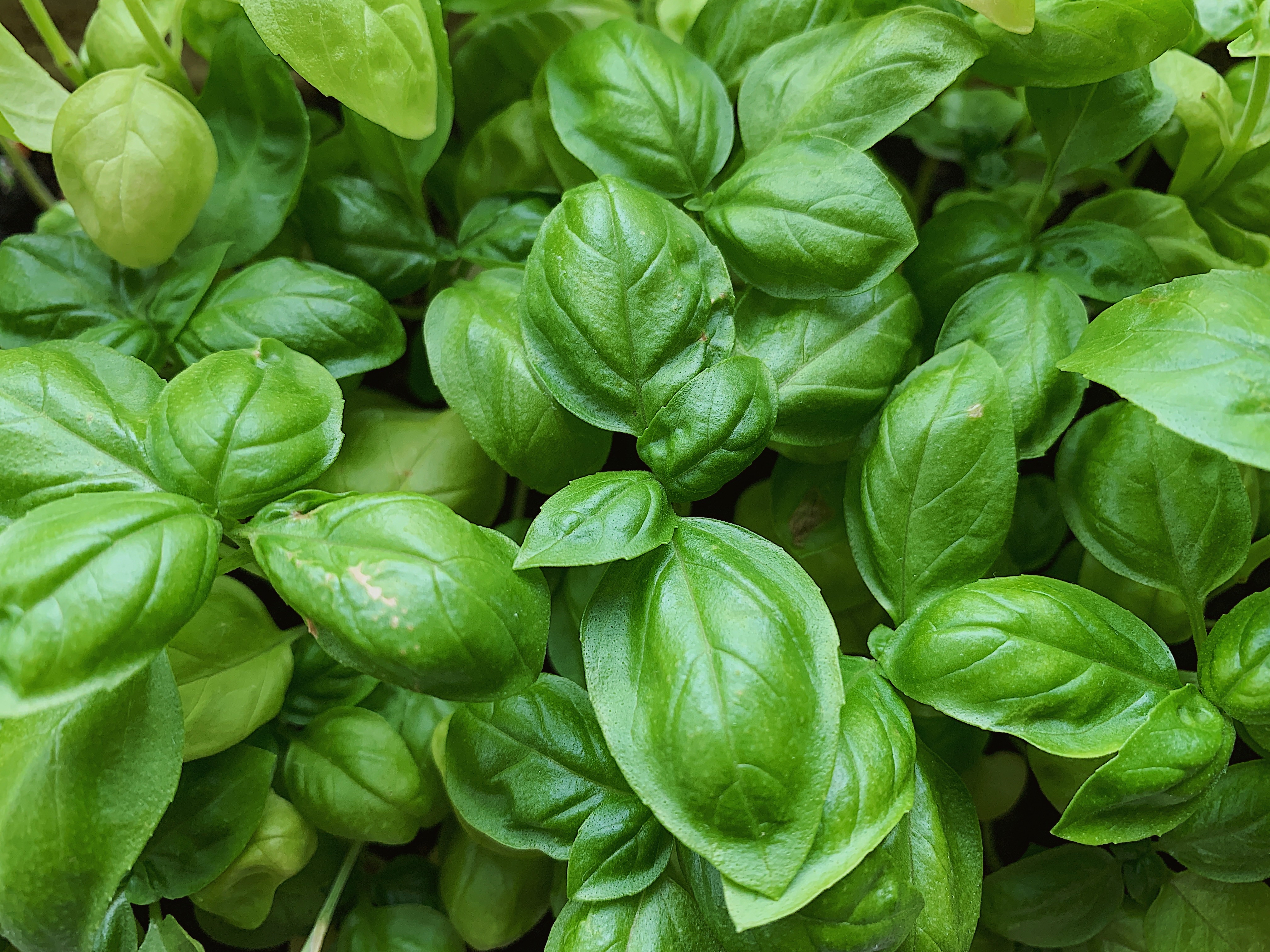
Basil, often referred to as the "king of herbs," is a staple in kitchens worldwide, known for its aromatic leaves and distinct flavor. Beyond its culinary appeal, basil is a powerhouse of health benefits. Rich in antioxidants, it helps combat oxidative stress, reducing the risk of chronic diseases. Basil's anti-inflammatory properties can alleviate symptoms of arthritis and other inflammatory conditions. The herb also contains essential oils like eugenol, which can act as a natural remedy for stress and anxiety, promoting mental clarity and relaxation. Incorporating basil into your diet can thus offer a holistic boost to both physical and mental well-being.
2. Mint: The Breath of Freshness
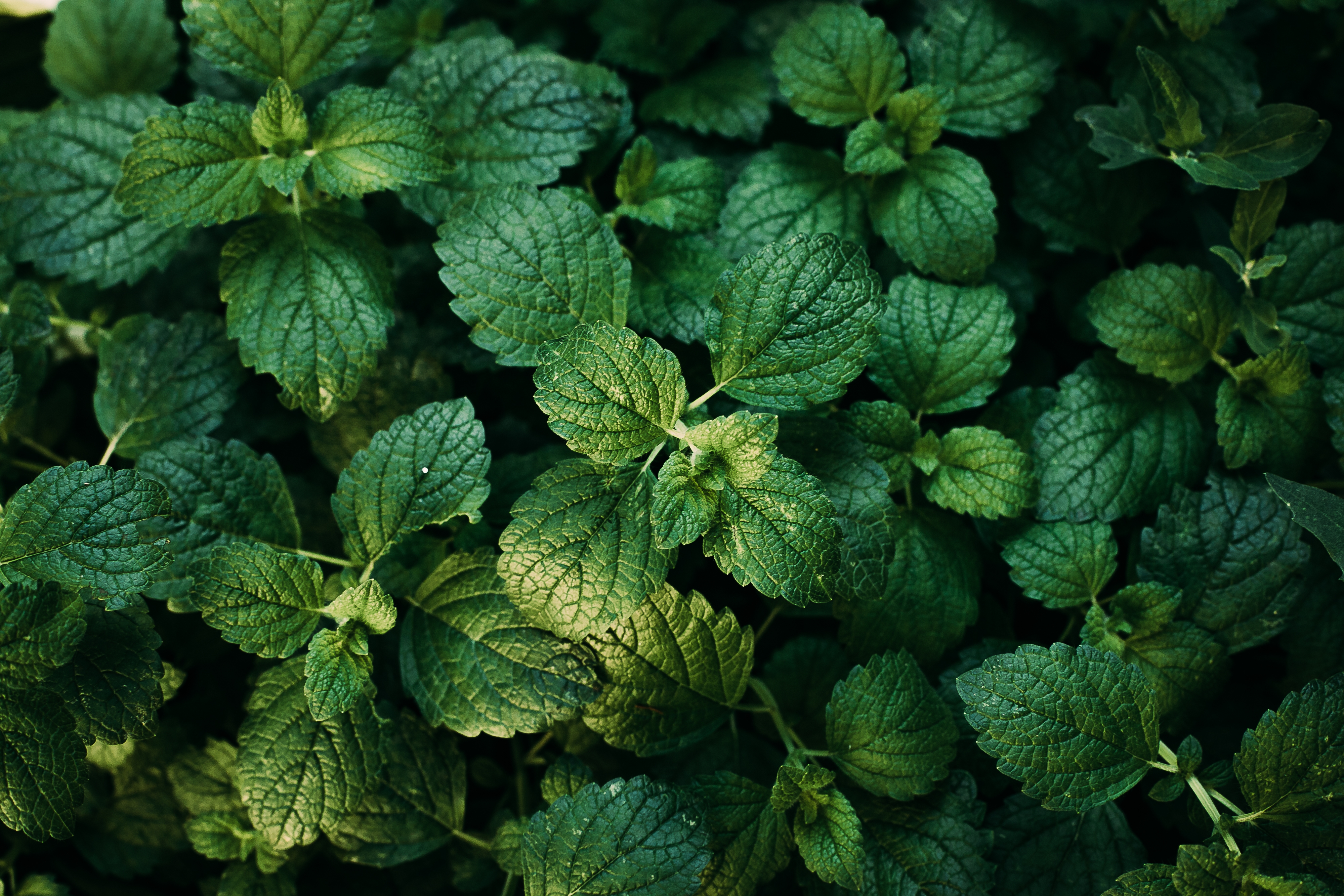
Mint is more than a refreshing garnish; it is a herb packed with therapeutic benefits. Known for its cooling sensation, mint aids in digestion and can soothe an upset stomach. The menthol in mint acts as a natural decongestant, providing relief from respiratory issues. Furthermore, mint has been shown to enhance cognitive function and improve alertness, making it an excellent choice for a midday energy boost. Its antibacterial properties also contribute to oral health, combating bad breath and preventing dental issues. By incorporating mint into your daily routine, you can enjoy a fresher, healthier, and more invigorated lifestyle.
3. Rosemary: The Memory Enhancer

Rosemary, a fragrant herb with needle-like leaves, has been associated with memory enhancement since ancient times. Its ability to improve cognitive function is attributed to compounds such as carnosic acid and rosmarinic acid, which protect the brain from oxidative damage. Rosemary's aroma alone has been shown to boost memory retention and concentration, making it a valuable tool for students and professionals alike. Additionally, rosemary's anti-inflammatory and antimicrobial properties support overall health, reducing the risk of infections and chronic diseases. Adding rosemary to your meals or using it in aromatherapy can be a simple yet effective way to nurture mental vitality.
4. Thyme: The Guardian of Immunity
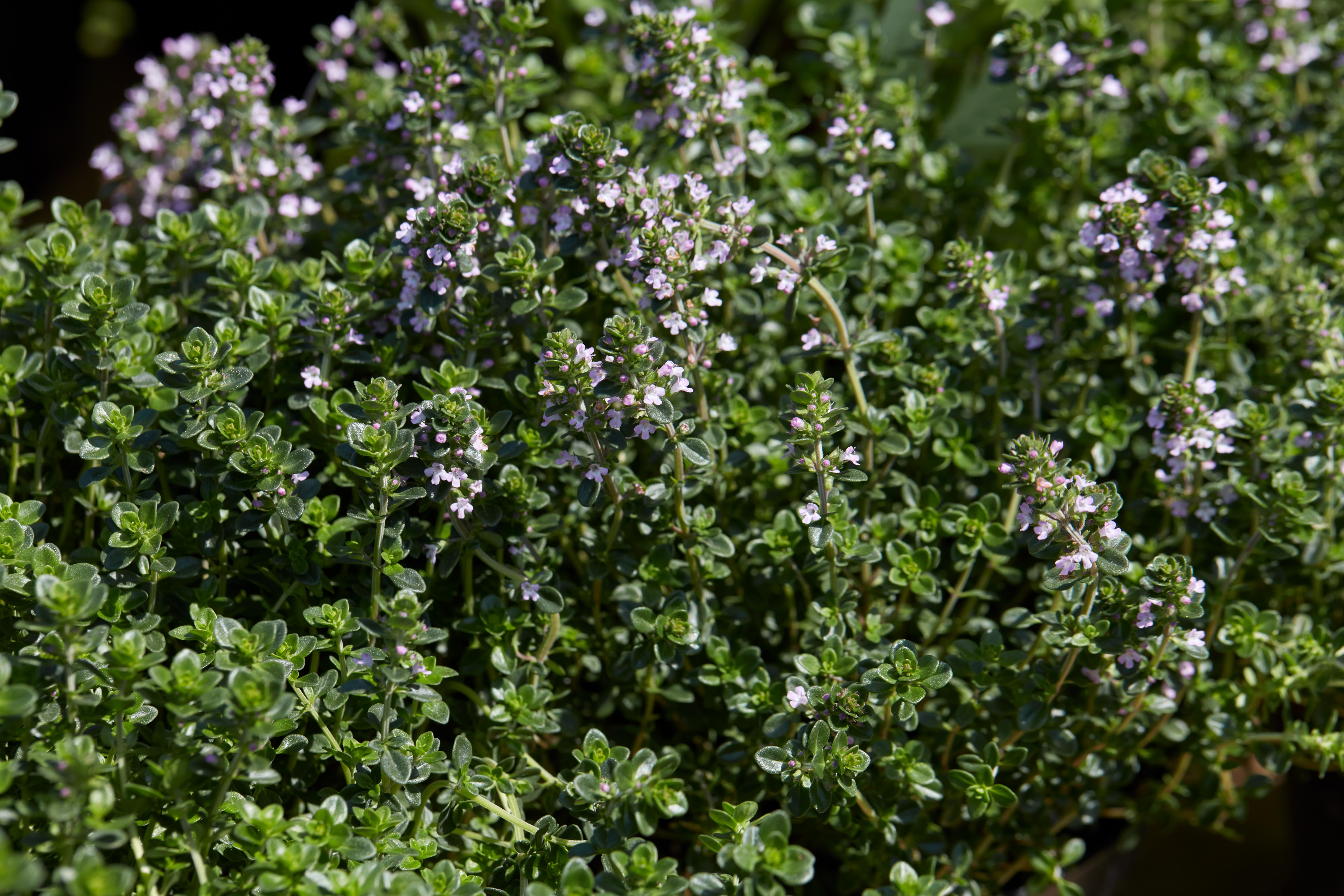
Thyme, with its earthy flavor and aroma, is a versatile herb known for its immune-boosting properties. Rich in vitamins C and A, thyme supports the body's natural defenses against infections. Its active compound, thymol, exhibits strong antibacterial and anti-fungal properties, making thyme a natural remedy for respiratory and skin conditions. Thyme also aids in digestion, alleviating symptoms of indigestion and bloating. By incorporating thyme into your daily diet, you can strengthen your immune system and enhance your body's ability to fend off illnesses, ensuring a healthier, more resilient you.
5. Oregano: The Antioxidant Powerhouse
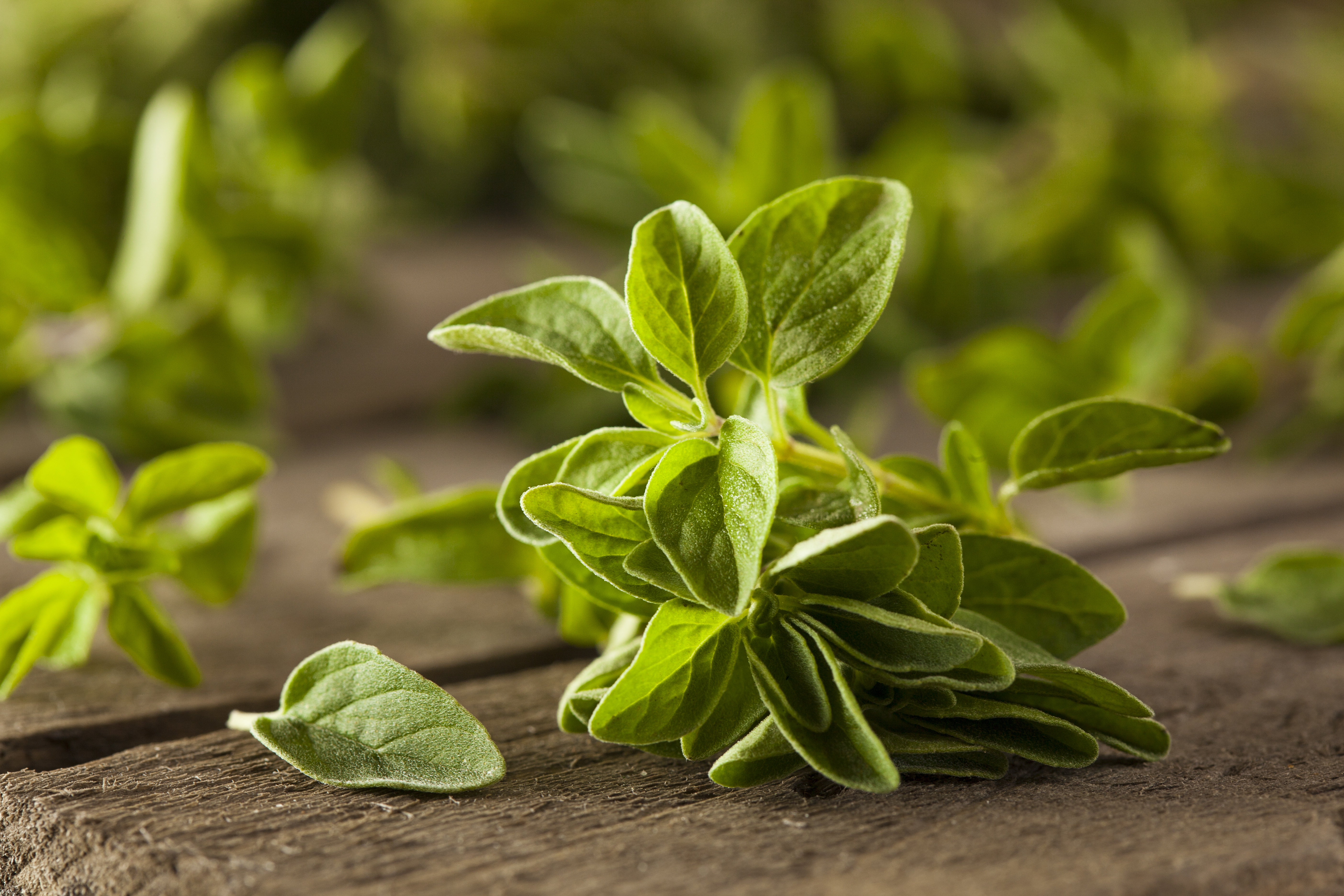
Oregano is often celebrated for its robust flavor, but its health benefits are equally impressive. This herb is a rich source of antioxidants, particularly phenolic acids and flavonoids, which help protect cells from damage caused by free radicals. Oregano's antimicrobial properties make it effective in fighting off infections and supporting gut health. It also contains compounds like carvacrol and thymol, which have been shown to reduce inflammation and promote cardiovascular health. Incorporating oregano into your diet can thus provide a natural boost to your immune system and overall vitality, making it a valuable addition to any health-conscious lifestyle.
6. Sage: The Herb of Wisdom
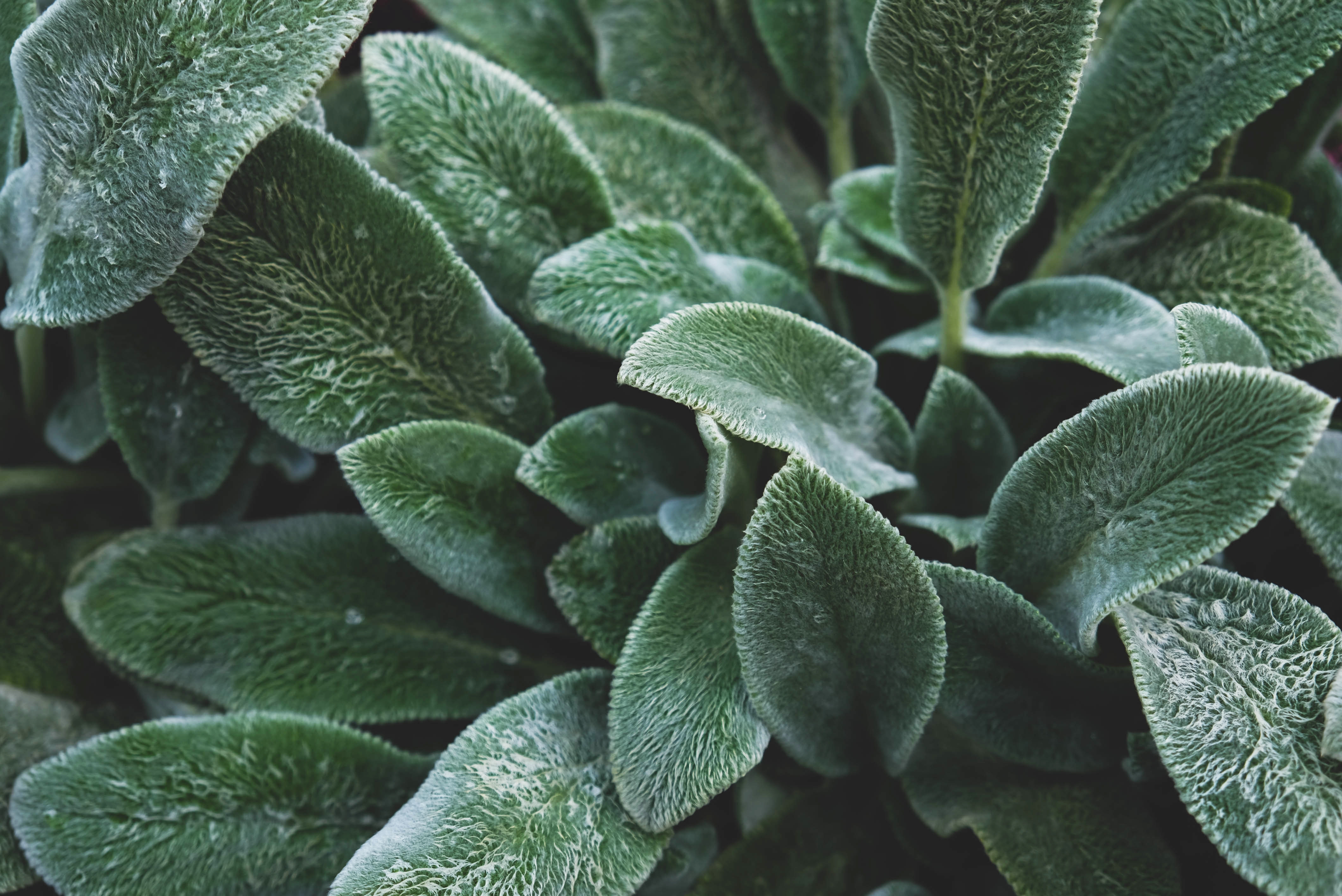
Sage has long been associated with wisdom and longevity, and modern research supports its reputation as a brain-boosting herb. Rich in antioxidants and anti-inflammatory compounds, sage can enhance cognitive function and protect against neurodegenerative diseases like Alzheimer's. Its ability to improve memory and concentration makes it a valuable ally for students and professionals. Sage also aids in digestion and has antimicrobial properties that support oral health. By incorporating sage into your diet or using it in teas and tinctures, you can harness its wisdom-enhancing properties to nurture both mental and physical vitality.
7. Parsley: The Detox Dynamo
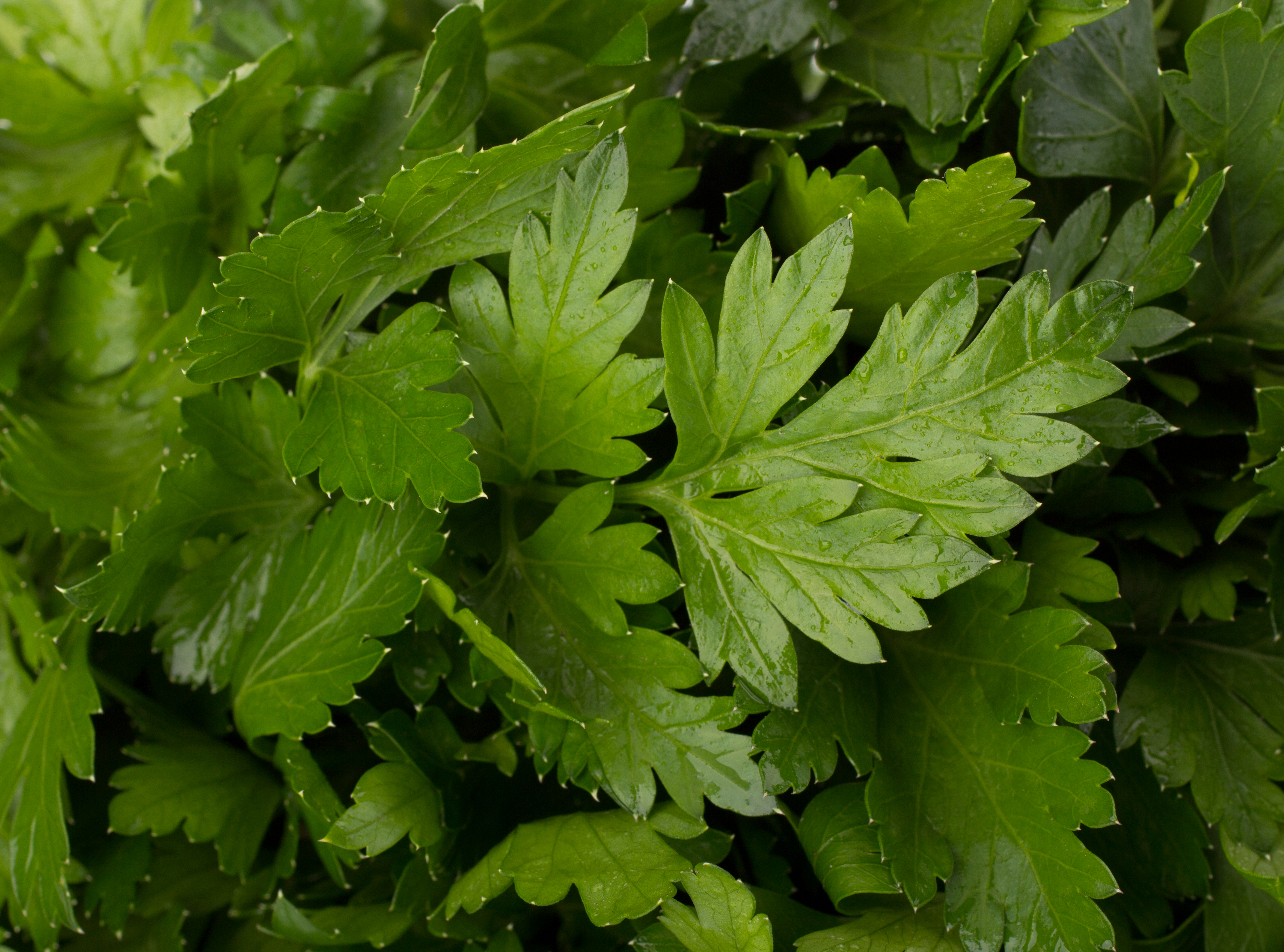
Parsley, often seen as a mere garnish, is a nutritional powerhouse with detoxifying properties. Rich in vitamins A, C, and K, parsley supports bone health and boosts the immune system. Its high chlorophyll content aids in detoxification, helping to cleanse the body of toxins and support liver function. Parsley's diuretic properties also promote kidney health by flushing out excess fluids and reducing bloating. Additionally, parsley's anti-inflammatory compounds can alleviate symptoms of arthritis and other inflammatory conditions. By incorporating parsley into your meals, you can enjoy its detoxifying benefits and support overall health and vitality.
8. Cilantro: The Metal Detoxifier
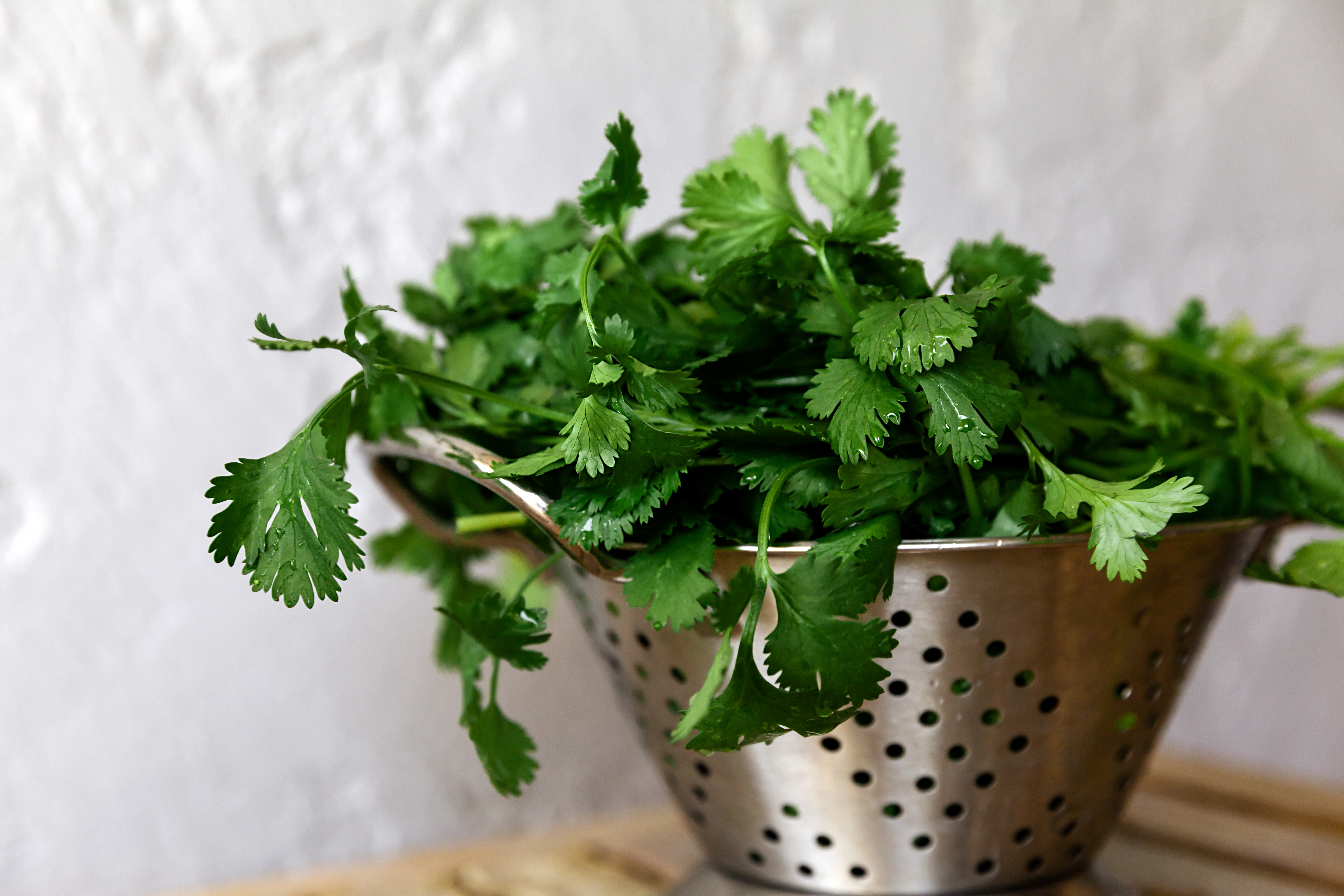
Cilantro, also known as coriander leaves, is not only a flavorful addition to dishes but also a potent detoxifier. It has been shown to aid in the removal of heavy metals from the body, such as mercury and lead, which can accumulate and cause health issues. Cilantro's antioxidant properties help protect cells from damage, while its anti-inflammatory compounds reduce the risk of chronic diseases. Additionally, cilantro supports digestive health by promoting healthy gut bacteria and alleviating symptoms of indigestion. Incorporating cilantro into your diet can thus provide a natural way to detoxify and support overall well-being.
9. Dill: The Digestive Soother
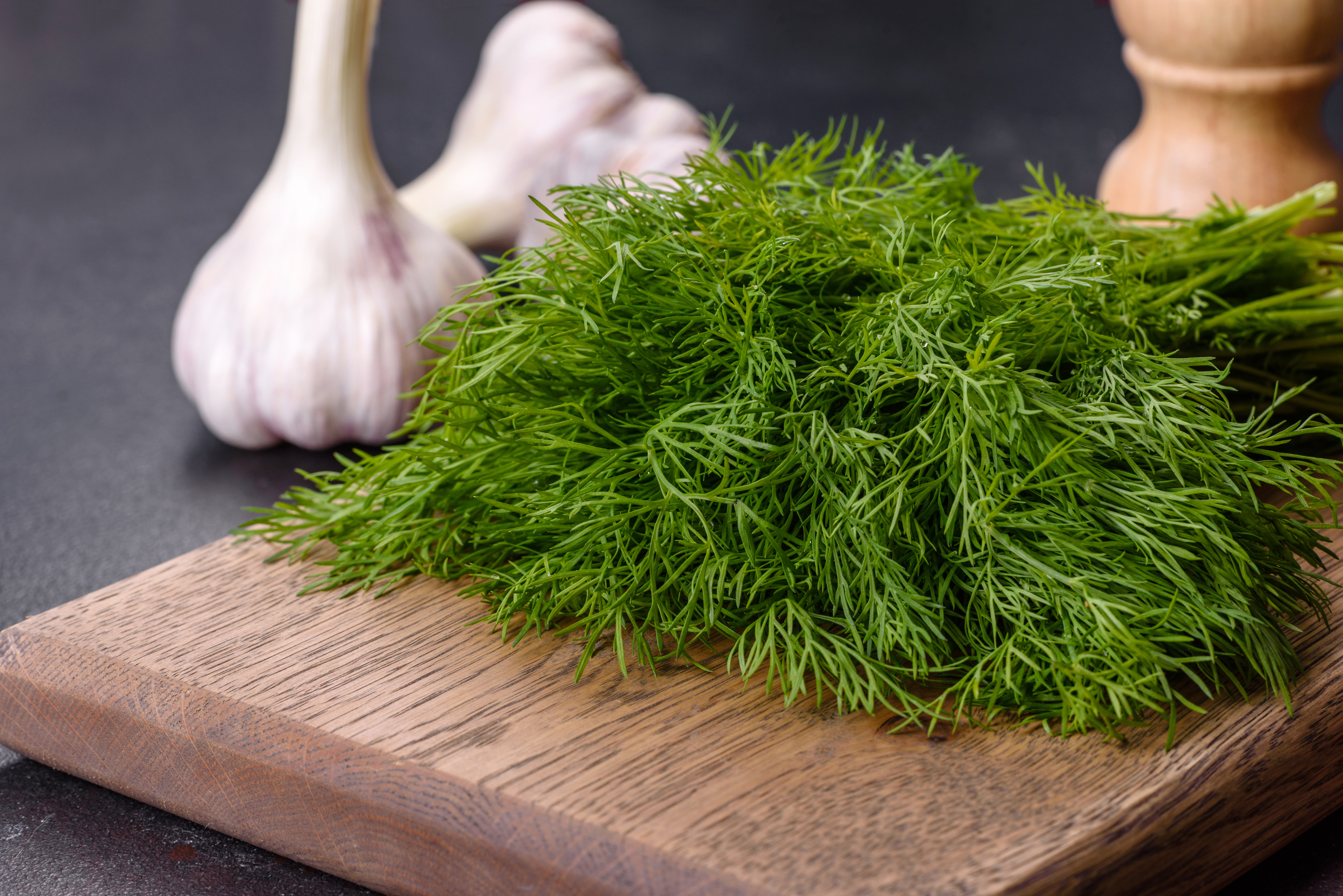
Dill, with its feathery leaves and distinct flavor, is a herb known for its digestive benefits. It contains essential oils that stimulate the production of digestive enzymes, aiding in the breakdown of food and alleviating symptoms of indigestion and bloating. Dill's carminative properties also help reduce gas and discomfort. Beyond digestion, dill is rich in antioxidants and has anti-inflammatory effects, supporting overall health and reducing the risk of chronic diseases. By incorporating dill into your meals or using it in teas, you can enjoy its soothing effects on the digestive system and promote a healthier, more comfortable lifestyle.
10. Fennel: The Metabolic Booster
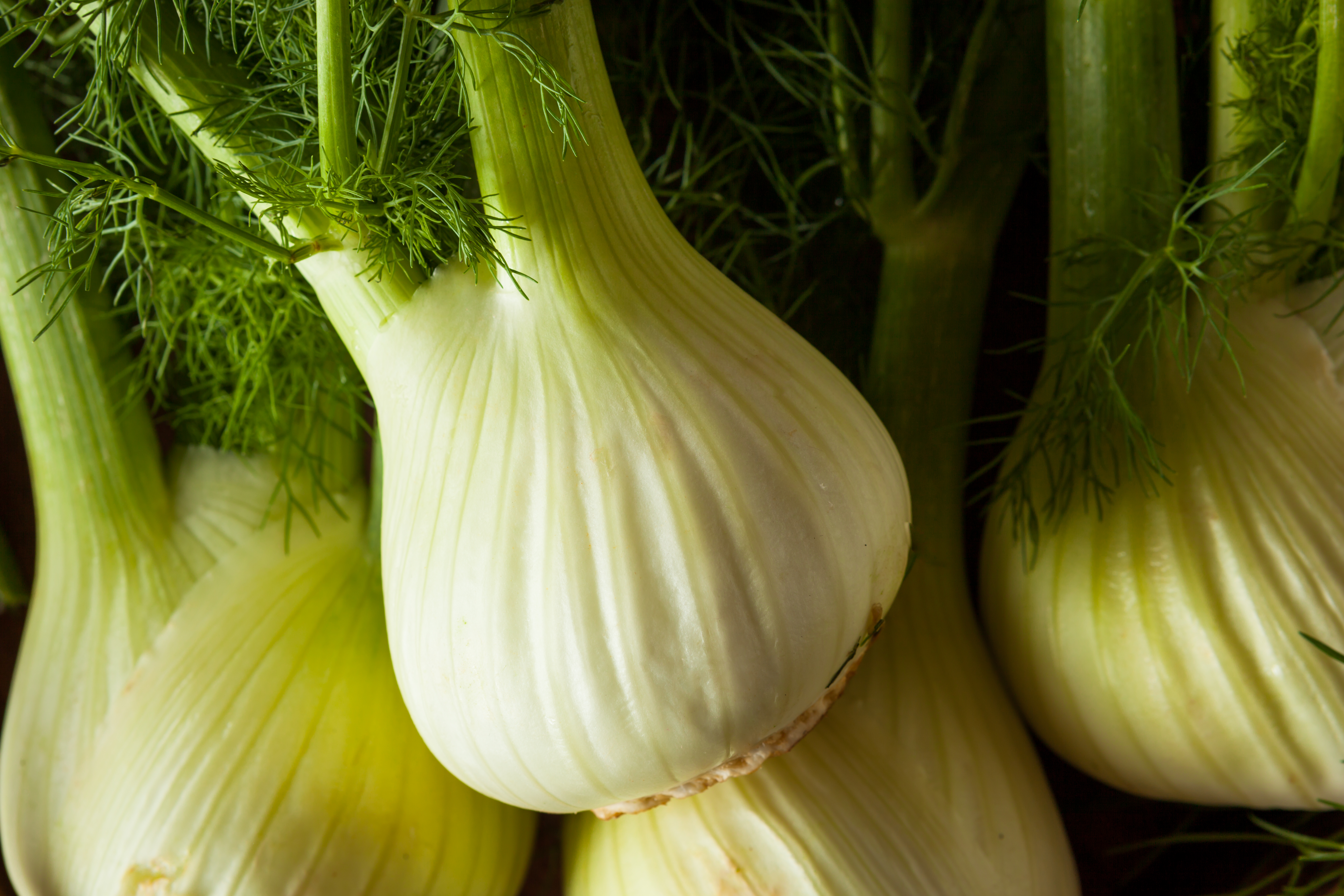
Fennel, with its sweet, anise-like flavor, is a herb that offers numerous health benefits, particularly in boosting metabolism. Rich in dietary fiber, fennel aids in digestion and promotes a feeling of fullness, making it a valuable tool for weight management. Its essential oils stimulate the production of gastric juices, enhancing nutrient absorption and supporting metabolic health. Fennel's antioxidant and anti-inflammatory properties also protect against chronic diseases and support overall vitality. By incorporating fennel into your diet, you can boost your metabolism and enjoy a more energetic and balanced lifestyle.
11. Tarragon: The Heart's Ally
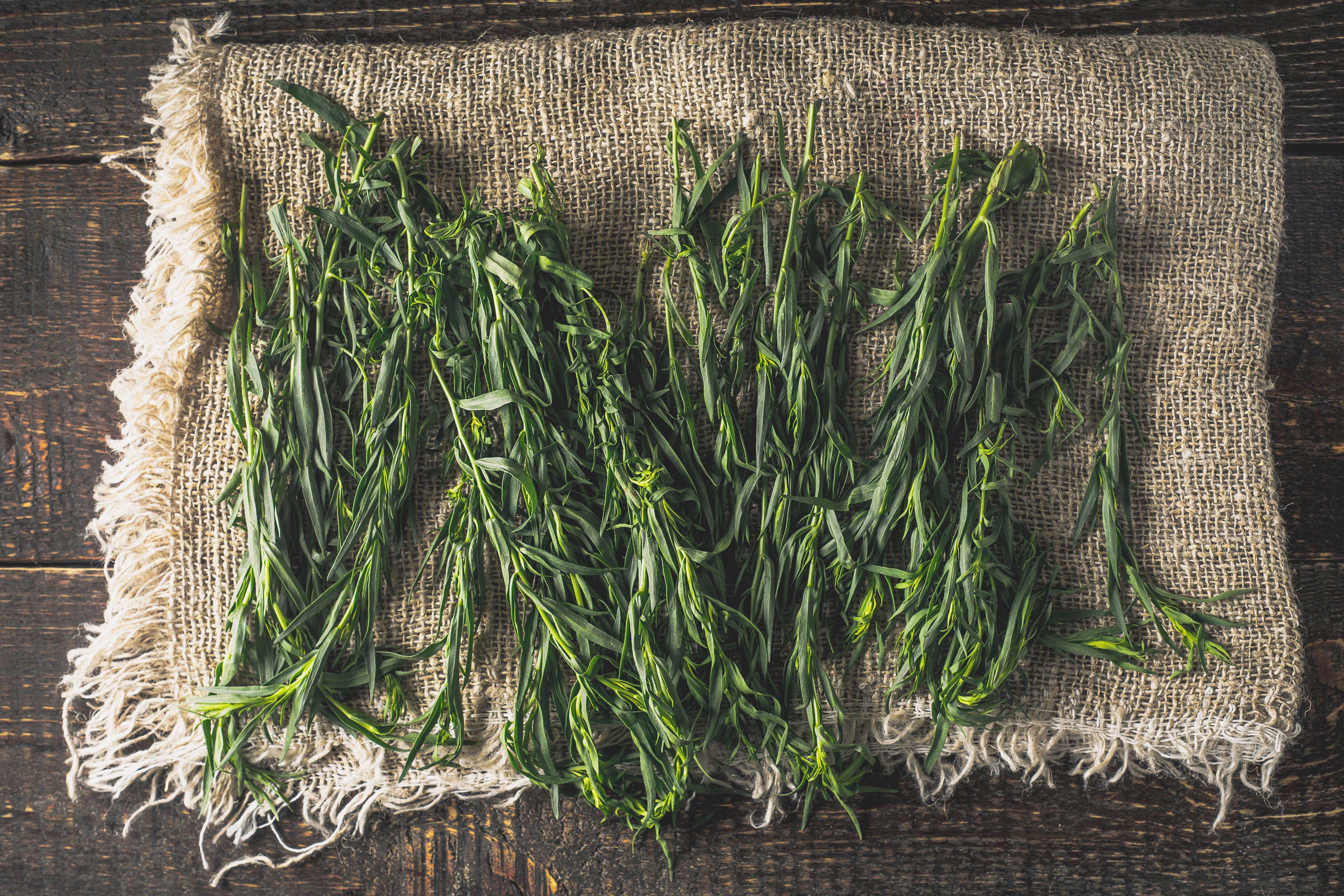
Tarragon, known for its unique flavor reminiscent of licorice, is a herb with heart-protective properties. It contains compounds that promote cardiovascular health by reducing blood pressure and cholesterol levels. Tarragon's antioxidant properties help protect the heart from oxidative stress, reducing the risk of heart disease. Additionally, tarragon supports digestive health by stimulating appetite and aiding in digestion. Its mild sedative effects can also promote relaxation and improve sleep quality. By incorporating tarragon into your diet, you can support heart health and enjoy a more balanced and relaxed lifestyle.
12. Chives: The Bone Builder
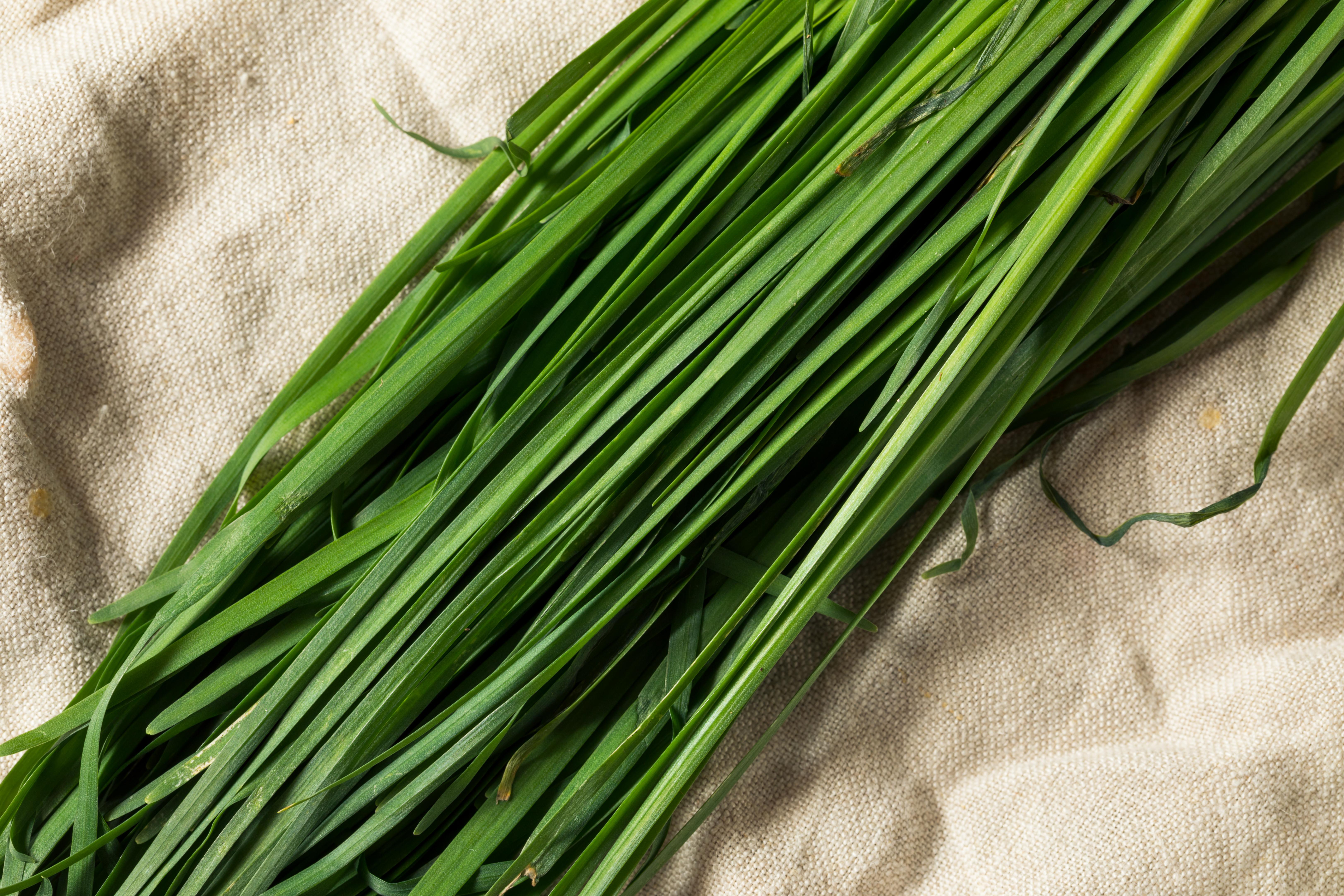
Chives, with their mild onion flavor, are a herb rich in vitamins and minerals that support bone health. They are an excellent source of vitamin K, which plays a crucial role in bone metabolism and helps prevent osteoporosis. Chives also contain antioxidants that protect against cellular damage and support overall health. Their anti-inflammatory properties can alleviate symptoms of arthritis and other inflammatory conditions. By incorporating chives into your diet, you can support bone health and reduce the risk of age-related bone diseases, ensuring a stronger, more resilient body.
13. Marjoram: The Mood Lifter
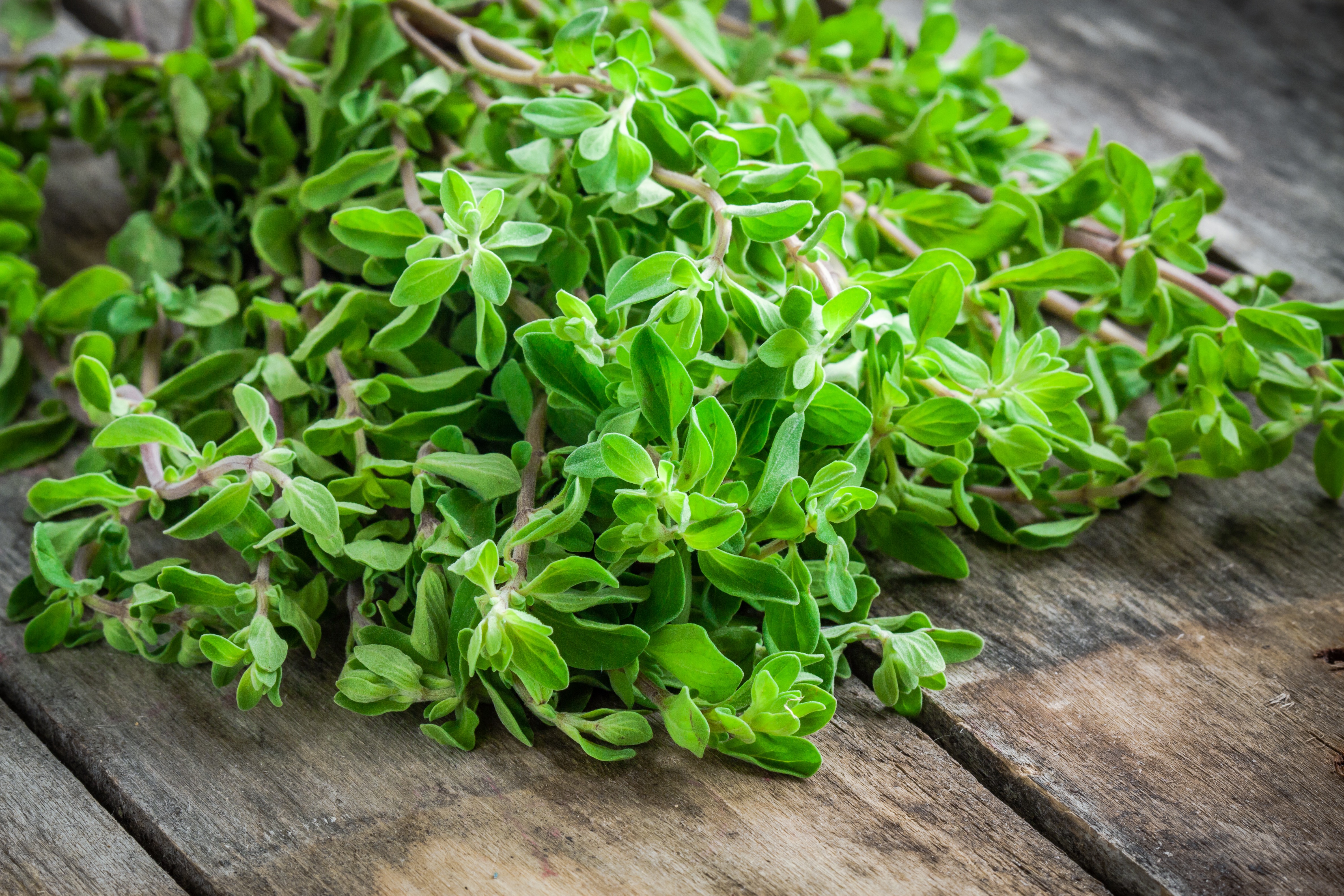
Marjoram, with its sweet, citrusy flavor, is a herb known for its mood-lifting properties. It contains compounds that promote relaxation and reduce stress and anxiety. Marjoram's sedative effects can improve sleep quality, making it an excellent choice for those struggling with insomnia. Additionally, marjoram supports digestive health and has anti-inflammatory properties that reduce the risk of chronic diseases. By incorporating marjoram into your diet or using it in aromatherapy, you can enjoy its calming effects and promote a more balanced and joyful lifestyle.
14. Lavender: The Stress Reliever

Lavender, renowned for its calming aroma, is a herb that offers numerous health benefits, particularly in stress relief. Its essential oils have been shown to reduce anxiety and promote relaxation, making it a popular choice for aromatherapy. Lavender also supports sleep quality, helping to alleviate insomnia and improve overall well-being. Its anti-inflammatory and antimicrobial properties contribute to skin health, reducing the risk of infections and promoting healing. By incorporating lavender into your daily routine, whether through teas, oils, or baths, you can enjoy its soothing effects and nurture a more tranquil and stress-free lifestyle.
15. Lemongrass: The Detoxifier with a Kick
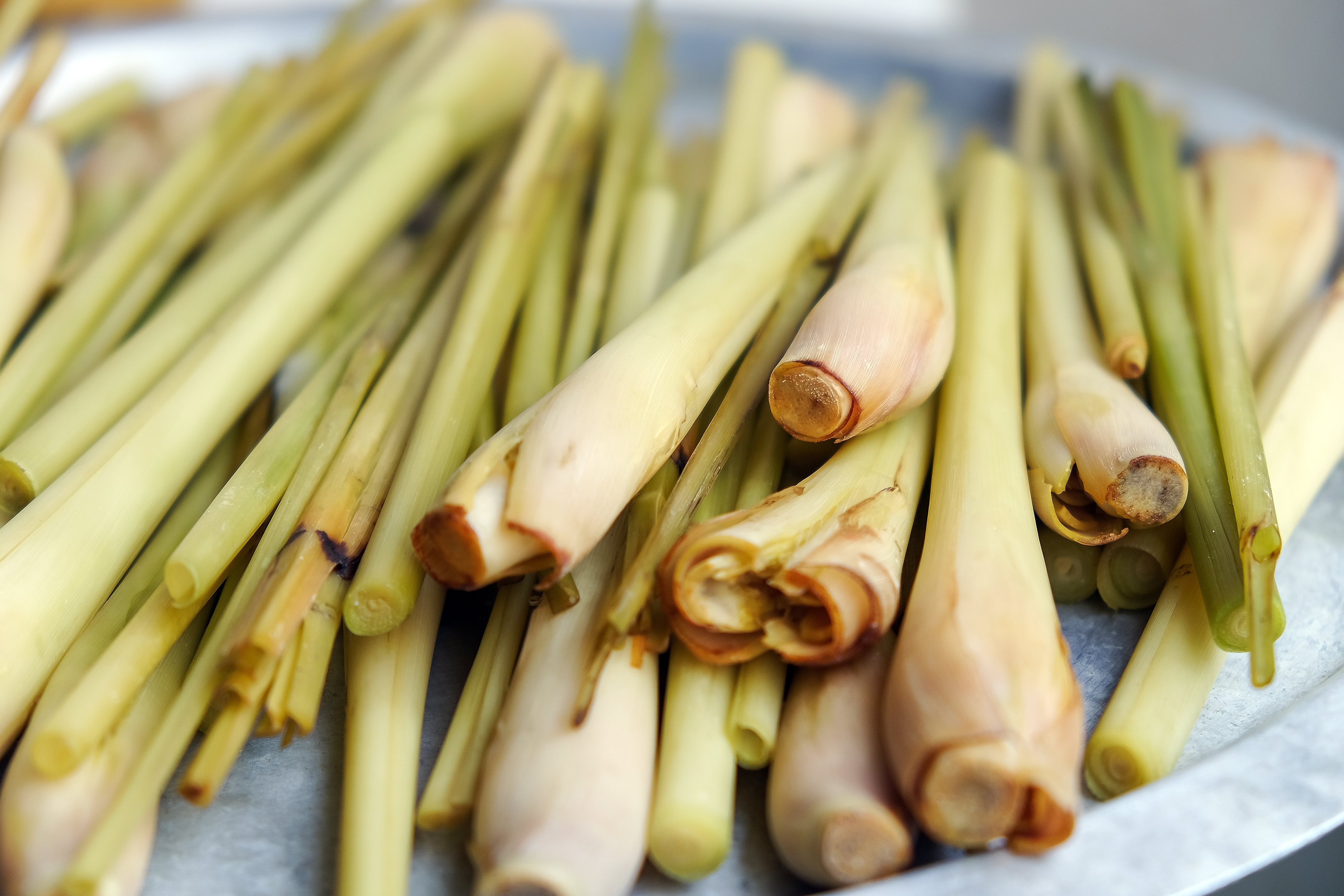
Bright, citrusy, and refreshing, lemongrass does far more than flavor tea. It’s a natural diuretic and detoxifier, helping flush out toxins and reduce water retention. Rich in antioxidants like chlorogenic acid and isoorientin, lemongrass fights oxidative stress and supports liver function. Its antimicrobial and antifungal properties can help prevent infections, while its calming aroma may reduce anxiety and improve sleep. Whether brewed into tea or infused in soups and broths, lemongrass is a powerful herb for cleansing the body and calming the mind—making it an ideal addition to any daily wellness ritual.
16. Holy Basil (Tulsi): The Adaptogen Hero
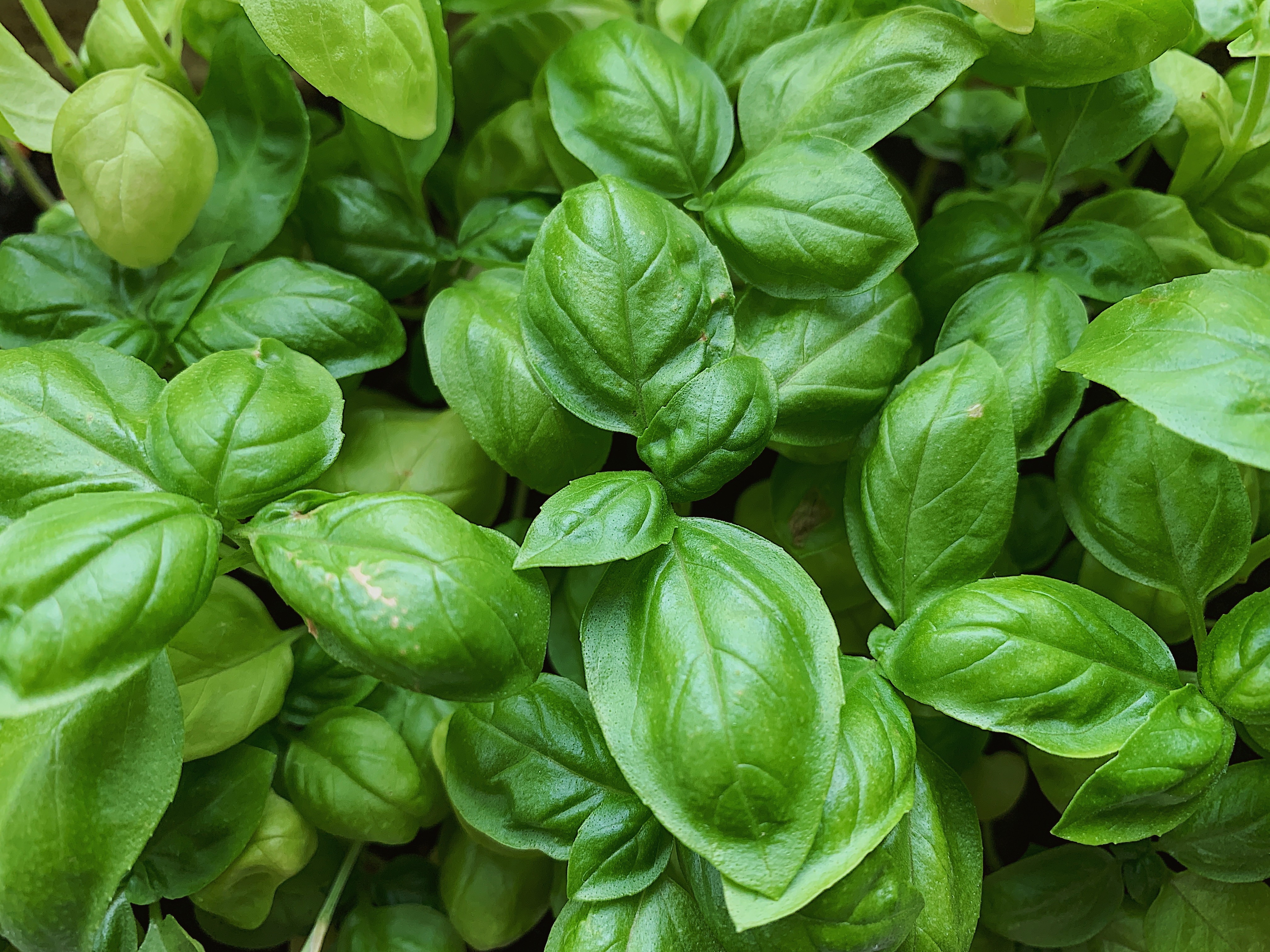
Unlike sweet basil, holy basil—or tulsi—is revered in Ayurvedic medicine for its adaptogenic powers. This means it helps the body adapt to physical and emotional stress. Tulsi balances cortisol levels, supports adrenal health, and strengthens immunity. It's also anti-inflammatory, antibacterial, and great for respiratory health—making it useful during allergy or flu seasons. Sipping tulsi tea daily can reduce anxiety, protect against chronic disease, and restore hormonal balance. With its earthy, slightly spicy flavor, holy basil is a sacred herb for a reason—helping you stay calm, clear, and centered no matter what life throws your way.
17. Bay Leaf: The Silent Metabolism Supporter
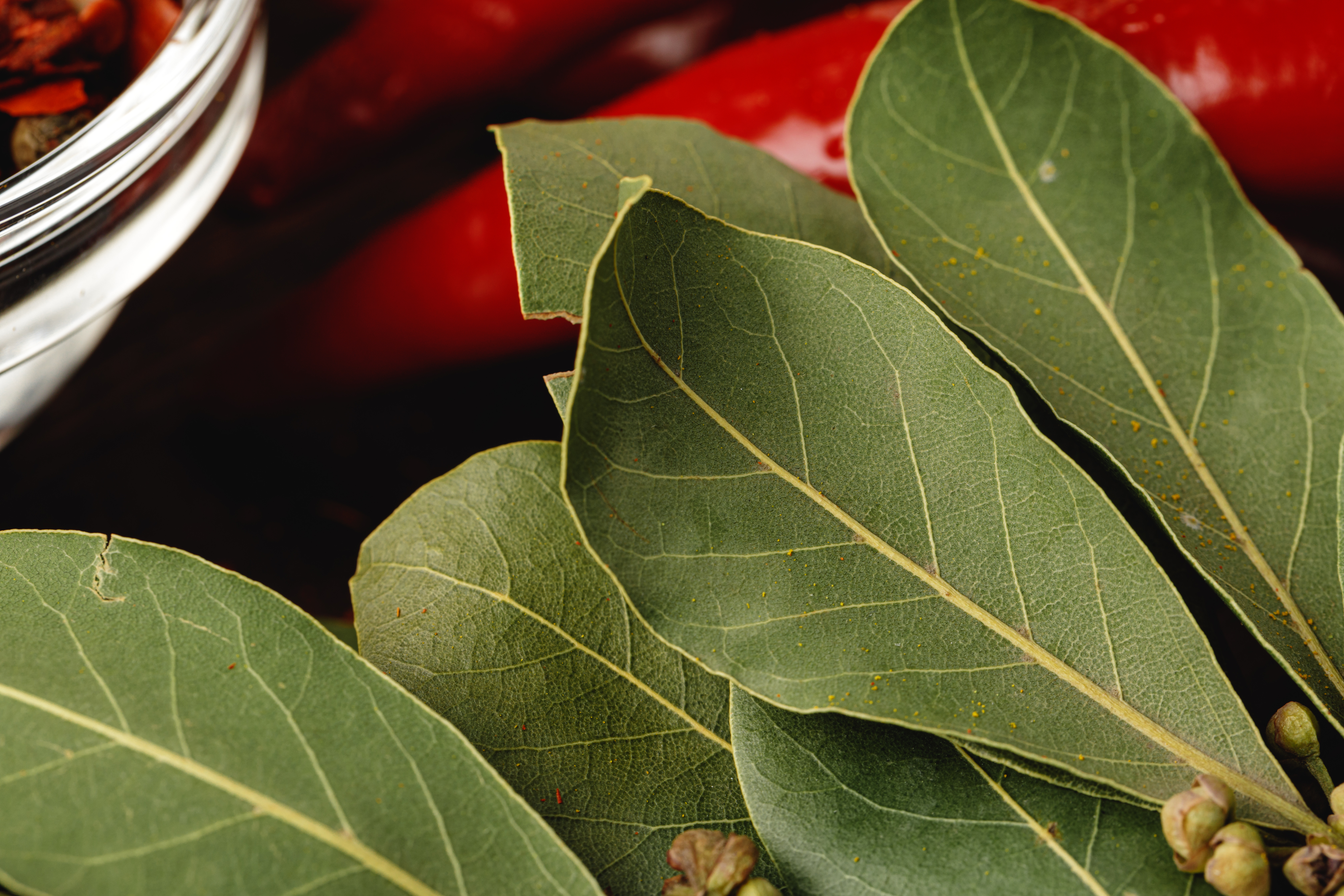
Bay leaves might seem like a background flavor in soups and stews, but they pack a surprising wellness punch. Rich in compounds like cineole and eugenol, bay leaves aid digestion, reduce bloating, and support metabolic efficiency. They also contain enzymes that help break down proteins and promote nutrient absorption. In traditional medicine, bay leaves have been used to manage blood sugar and cholesterol. Steeped in hot water or added to slow-cooked meals, bay leaves quietly enhance both flavor and function—making them one of the most overlooked, yet beneficial, herbs in your pantry.
18. Curry Leaves: The Hair and Heart Tonic
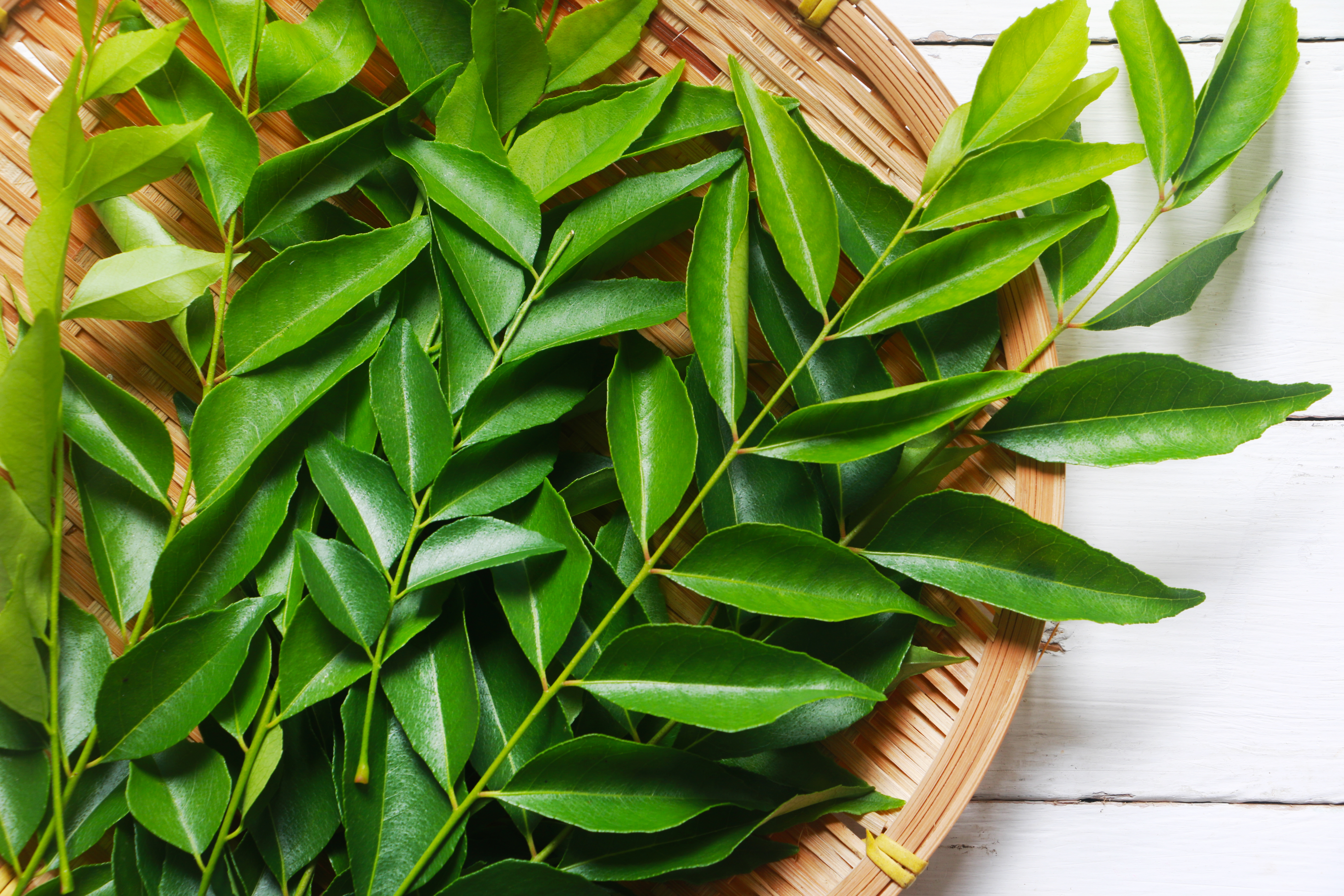
Curry leaves aren’t just for flavor—they’re a nutrient-dense powerhouse especially beloved in South Asian cooking. Rich in iron, calcium, and antioxidants like linalool and carbazole alkaloids, curry leaves support heart health, reduce oxidative stress, and may help manage blood sugar levels. But what sets them apart is their traditional use in promoting strong, healthy hair. They help prevent premature graying and stimulate hair growth by nourishing the scalp. Add them to tempered dishes, chutneys, or even chew a few raw—curry leaves are a simple, natural tonic for beauty and heart health from the inside out.
19. Fenugreek: The Blood Sugar Balancer
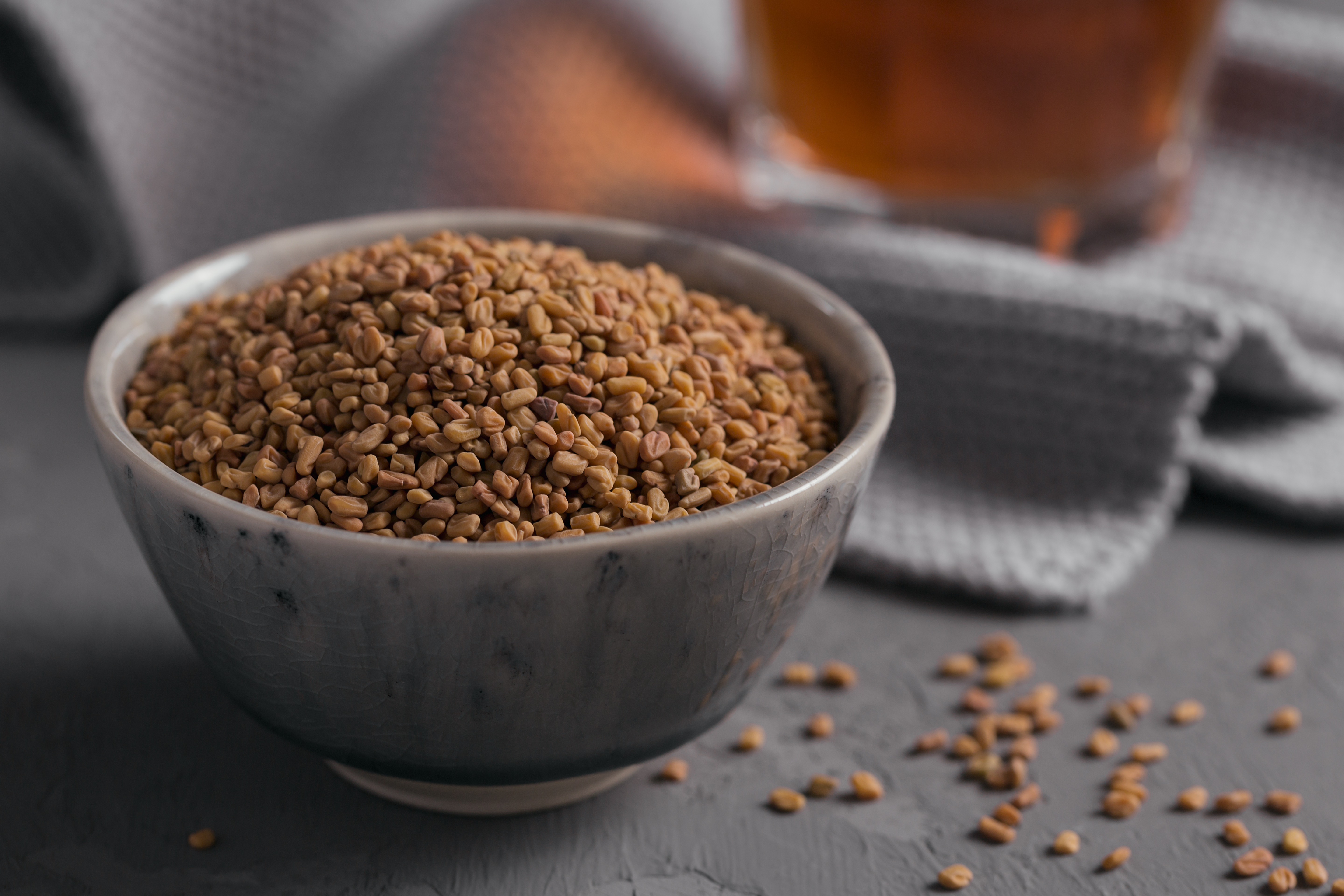
Fenugreek, with its bittersweet flavor and maple-like aroma, is a staple in traditional medicine for good reason. Its seeds are rich in soluble fiber, which slows digestion and helps regulate blood sugar and insulin levels. Studies suggest fenugreek may be especially helpful for people with diabetes or metabolic syndrome. It's also used to support lactation in nursing mothers and reduce inflammation. You can soak the seeds overnight, use them in spice blends, or brew them into tea. Fenugreek is proof that even the smallest seed can have a powerful impact on metabolic health and hormonal balance.
20. Cinnamon: The Sweet Spice of Metabolic Balance
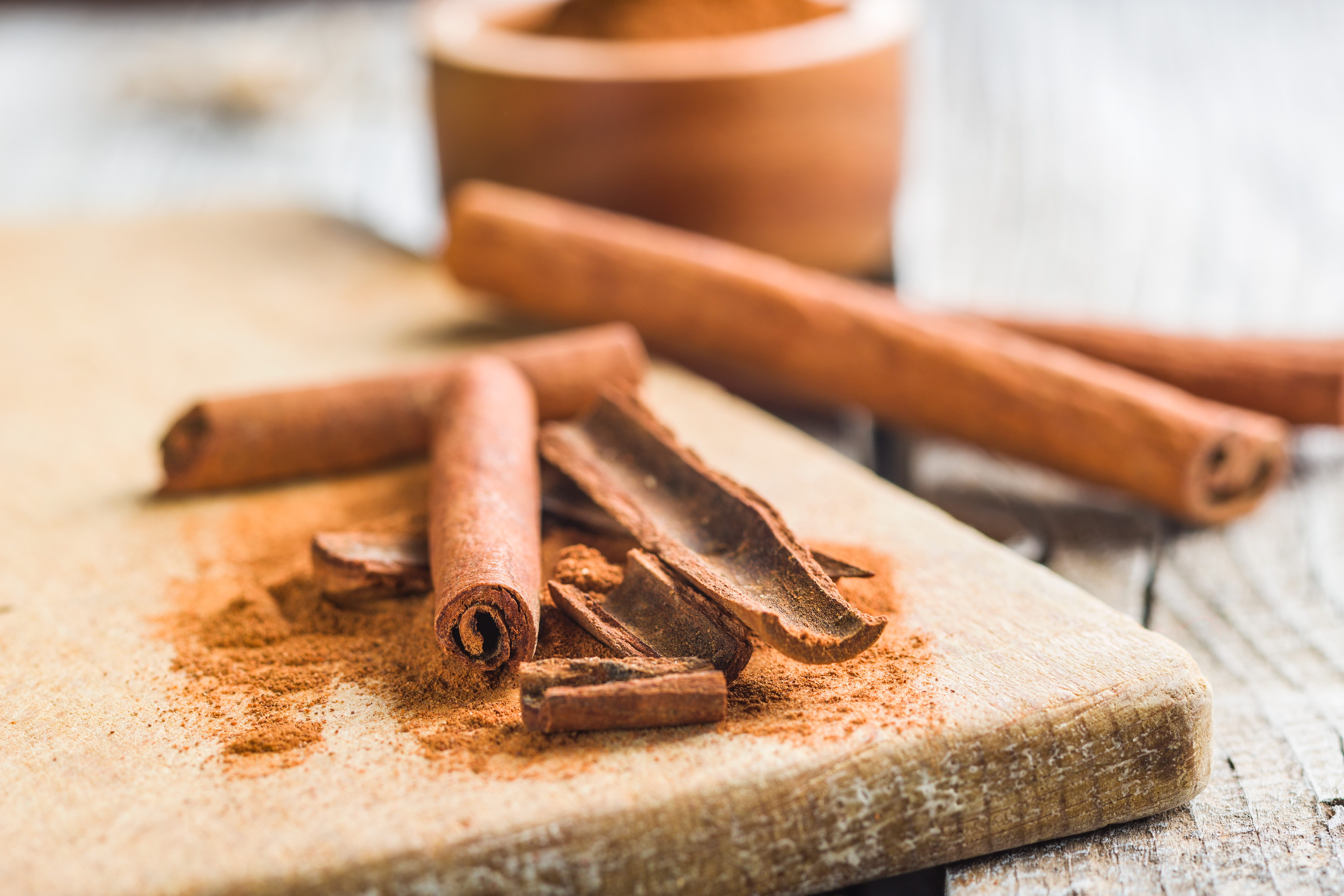
Beyond its warm aroma and flavor, cinnamon has been used in both Ayurvedic and traditional Chinese medicine for thousands of years. Ancient healers used it for its anti-inflammatory and digestive properties, but modern science has confirmed its surprising role in metabolic health. The active compound, cinnamaldehyde, has been shown to improve insulin sensitivity, helping cells to more efficiently use glucose. This makes cinnamon a powerful, natural tool for managing blood sugar levels. A simple sprinkle in your coffee or oatmeal is a delicious way to harness this ancient wisdom for modern metabolic balance.
21. Cayenne Pepper: The Fiery Circulatory Booster
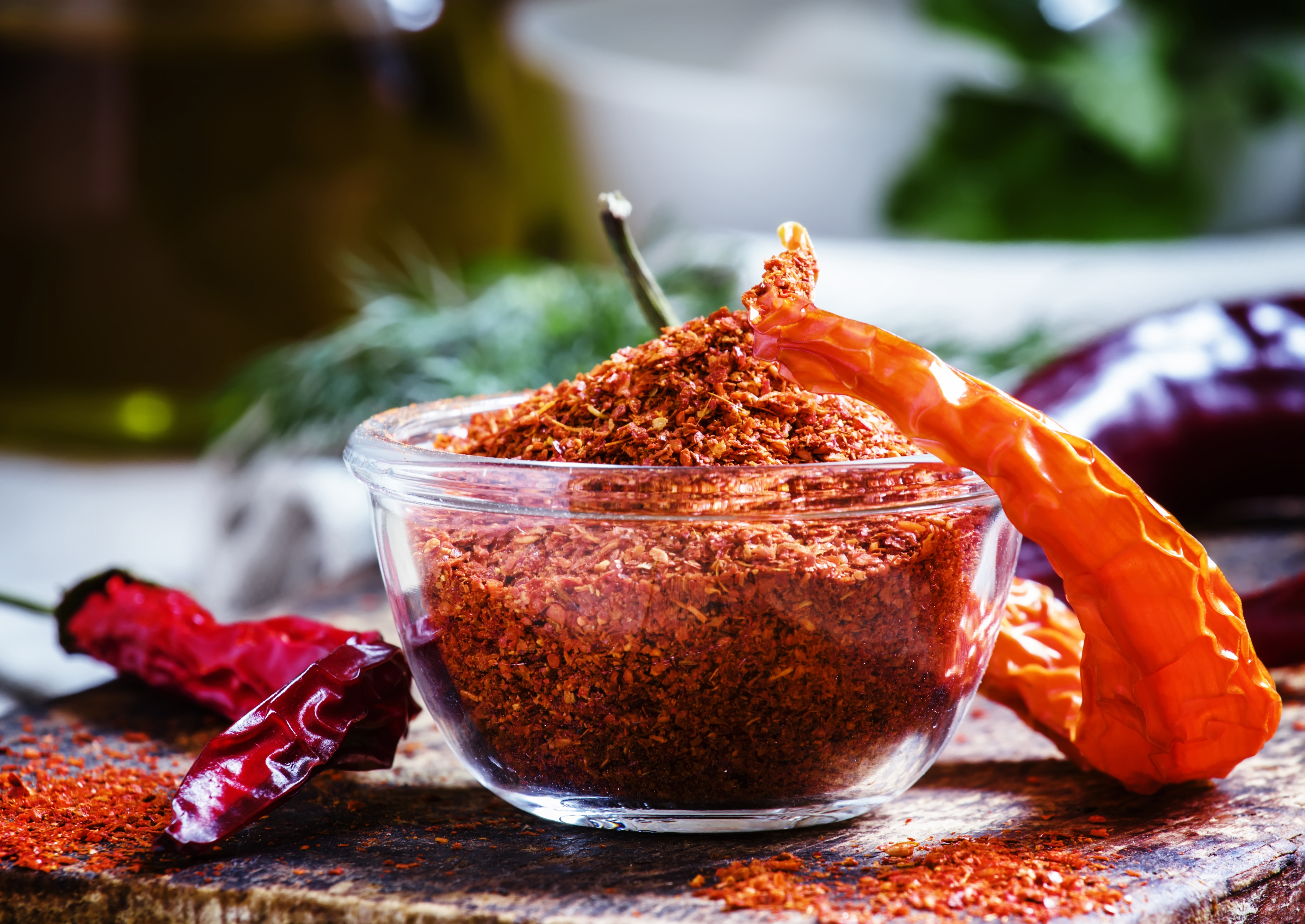
Used in traditional medicine across the Americas for centuries, cayenne pepper is a potent herb renowned for its capsaicin content. This compound is known to improve circulation, relieve pain, and boost metabolism. Capsaicin has been shown to increase blood flow by stimulating the release of nitric oxide, which widens blood vessels. Cayenne pepper also possesses anti-inflammatory properties and can act as a natural decongestant, providing relief from cold symptoms. Incorporating a small amount of cayenne into your meals can add a fiery kick while supporting cardiovascular health and a healthy metabolism.
22. Saffron: The Luxurious Mood-Lifter
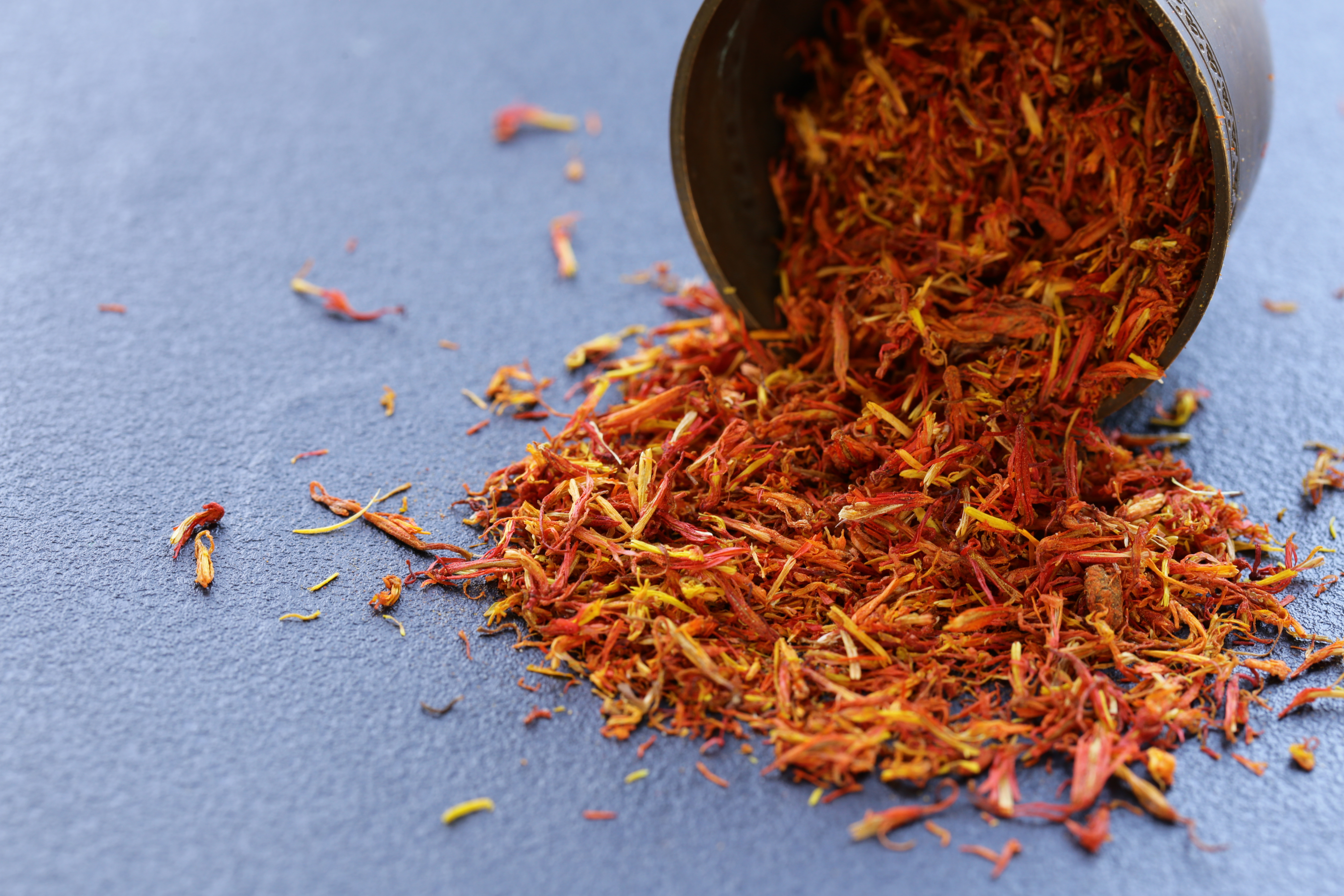
Saffron, the world's most expensive spice, was used in ancient Persian and Ayurvedic medicine to treat everything from depression to inflammation. Its thread-like stigmas contain crocetin and crocin, compounds with powerful antioxidant and mood-lifting properties. Modern studies have supported saffron’s ability to improve mood and reduce symptoms of depression and anxiety, often comparing its efficacy to conventional antidepressants. Its use as a natural mood stabilizer and stress reliever shows that ancient remedies can be both luxurious and profoundly beneficial for mental well-being.
23. Nutmeg: The Sleep-Inducing Soother
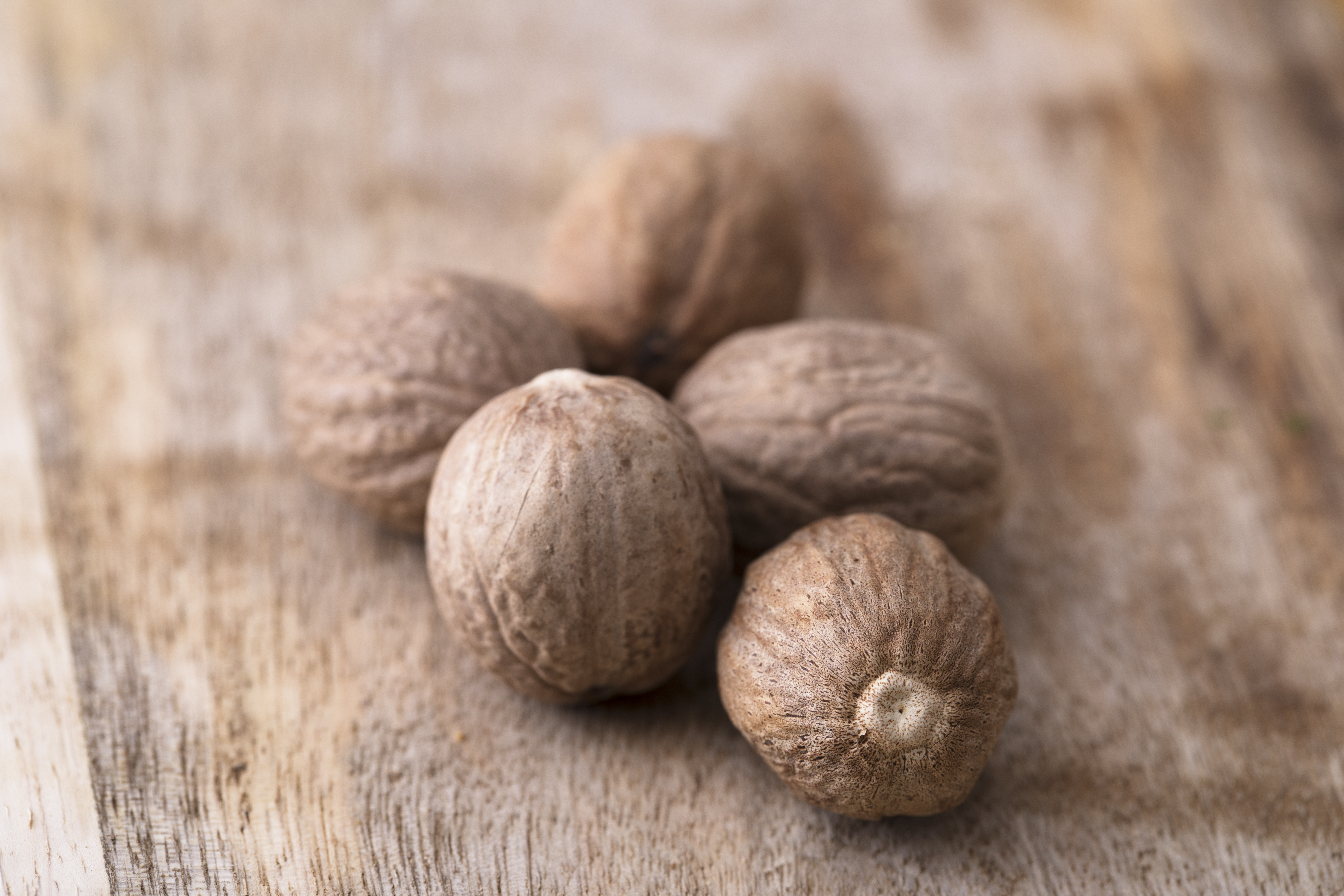
Known for its warm, nutty flavor, nutmeg has a long history in traditional medicine as a natural sleep aid and digestive tonic. In ancient rituals, a small amount was used to soothe the nerves and promote a state of calm. Its active compound, myristicin, has been shown to have a mild sedative effect, helping to alleviate insomnia and improve sleep quality. Today, a small pinch of nutmeg in a warm cup of milk or tea is a time-honored remedy for relaxation. This humble spice proves that a good night’s sleep can be found in the quiet, comforting secrets of your pantry.
24. Star Anise: The Anti-Viral Star
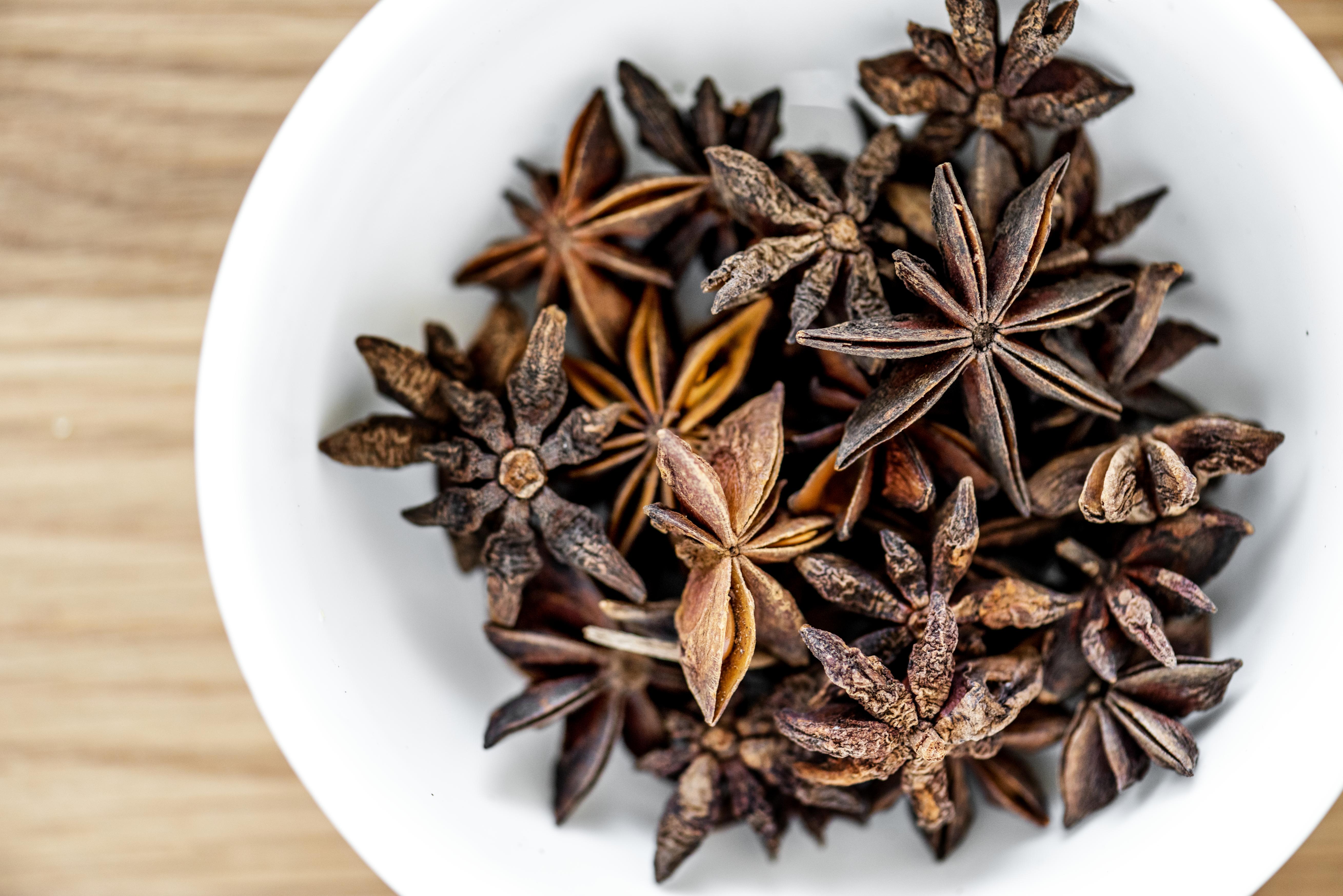
Star anise, with its beautiful star-like shape and licorice flavor, is more than just a culinary spice; it is a potent medicinal herb. A cornerstone of traditional Chinese medicine, it was used to treat digestive issues and respiratory infections. Its "secret" lies in shikimic acid, a compound with strong antiviral properties that is a key component in a widely used antiviral medication. Steeping star anise in hot water for a fragrant tea can help soothe indigestion, reduce inflammation, and provide a natural defense against common viruses, connecting ancient medicinal wisdom with modern pharmaceutical science.
25. Angelica Root: The Circulatory Enhancer
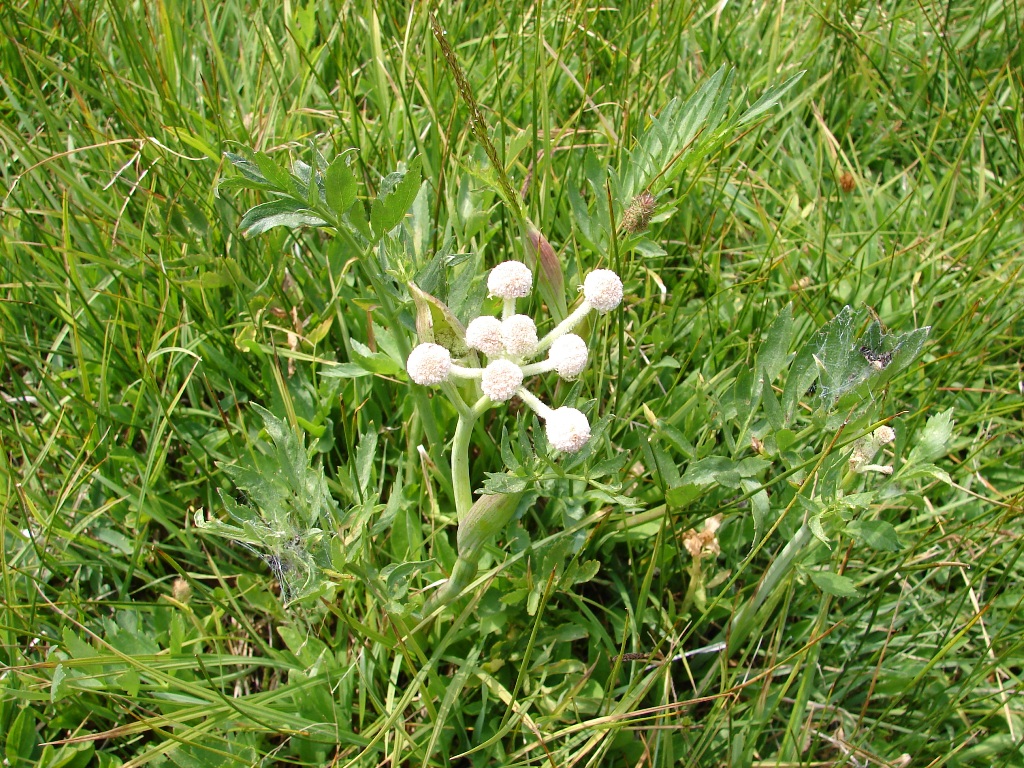
Often overlooked, Angelica root is a powerful herb that has been used for centuries in traditional Chinese medicine to support blood circulation. It contains compounds called coumarins that help to relax blood vessels, improving blood flow and reducing blood pressure. This herb is particularly beneficial for those with poor circulation, as it helps to warm the body and improve blood flow to the extremities. While it's not a common cooking herb, it can be found in health food stores in tea or tincture form. Adding Angelica root to your wellness routine is a simple way to give your circulatory system a natural boost.
26. Echinacea: The Immune System's Best Friend

Echinacea is a well-known herb for boosting the immune system. It's often used at the first sign of a cold or flu, and for good reason. Studies have shown that it can increase the production of immune cells, helping your body fight off infections more effectively. This herb is also a potent anti-inflammatory, which can help to reduce swelling and discomfort. Echinacea is most commonly consumed as a tea or in tincture form. Making it a part of your wellness routine during cold and flu season can help to strengthen your body's natural defenses and keep you healthy.
27. Goldenseal: The Gut Protector

Goldenseal is a powerful herb that has been used for centuries to support digestive health. Its active compound, berberine, is a potent antimicrobial that helps to fight off harmful bacteria and parasites in the gut. Goldenseal can also help to soothe inflammation and support the health of the intestinal lining. This herb is particularly useful for those with digestive issues, such as indigestion or irritable bowel syndrome. Goldenseal is most commonly consumed as a tincture or in capsule form. Incorporating it into your routine can help to protect your gut and support overall digestive health.
28. Ginkgo Biloba: The Brain's Booster
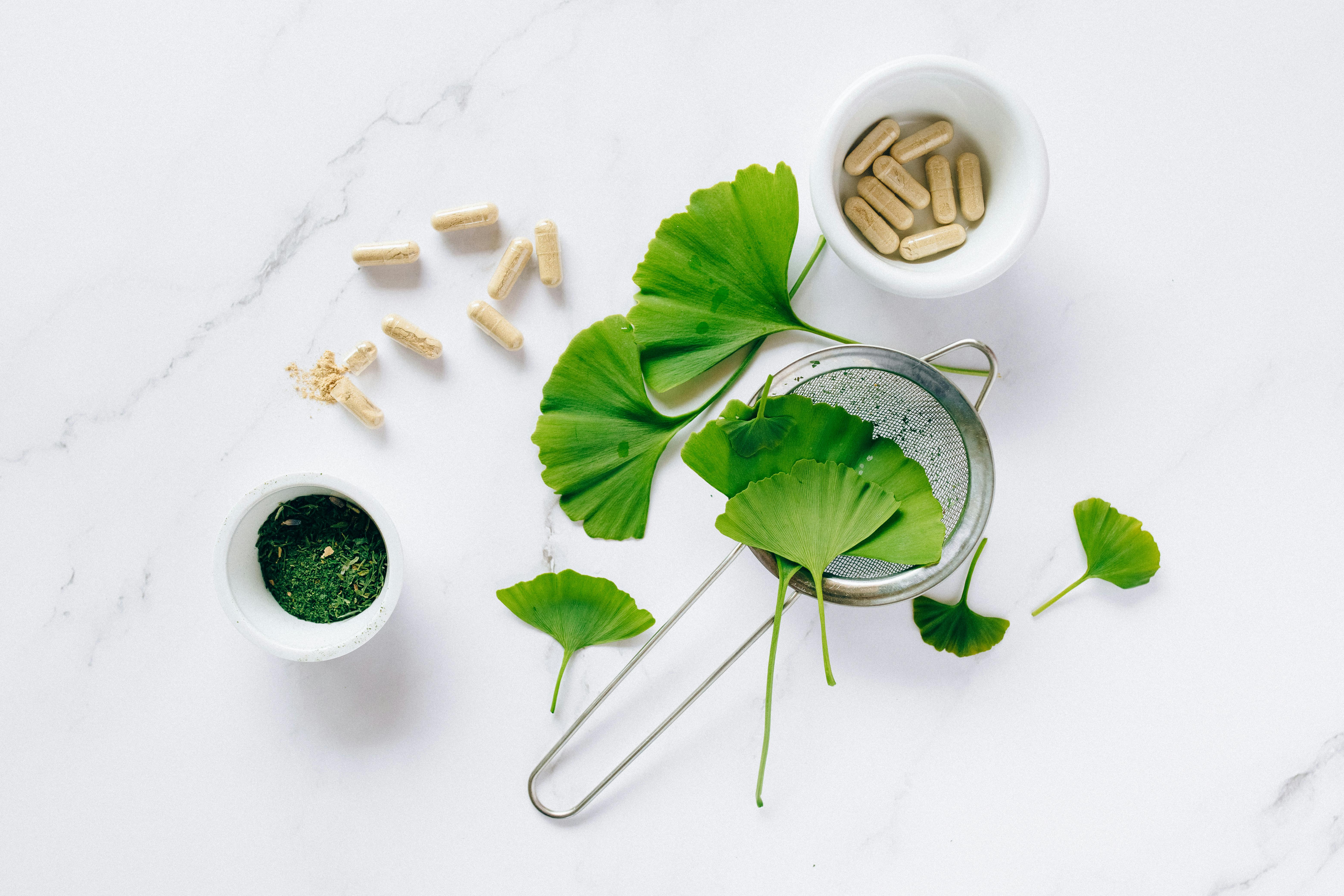
Ginkgo biloba is an ancient herb that has been used for thousands of years to support brain health. It is known to improve circulation to the brain, which can enhance cognitive function, memory, and concentration. Ginkgo biloba is also a powerful antioxidant that helps to protect brain cells from damage caused by free radicals. This herb is particularly beneficial for those looking to sharpen their mental clarity and protect against age-related cognitive decline. It is most commonly consumed as a supplement or in tea form. Adding it to your routine is a simple way to give your brain a natural boost.
29. Valerian Root: The Sleep-Promoting Root
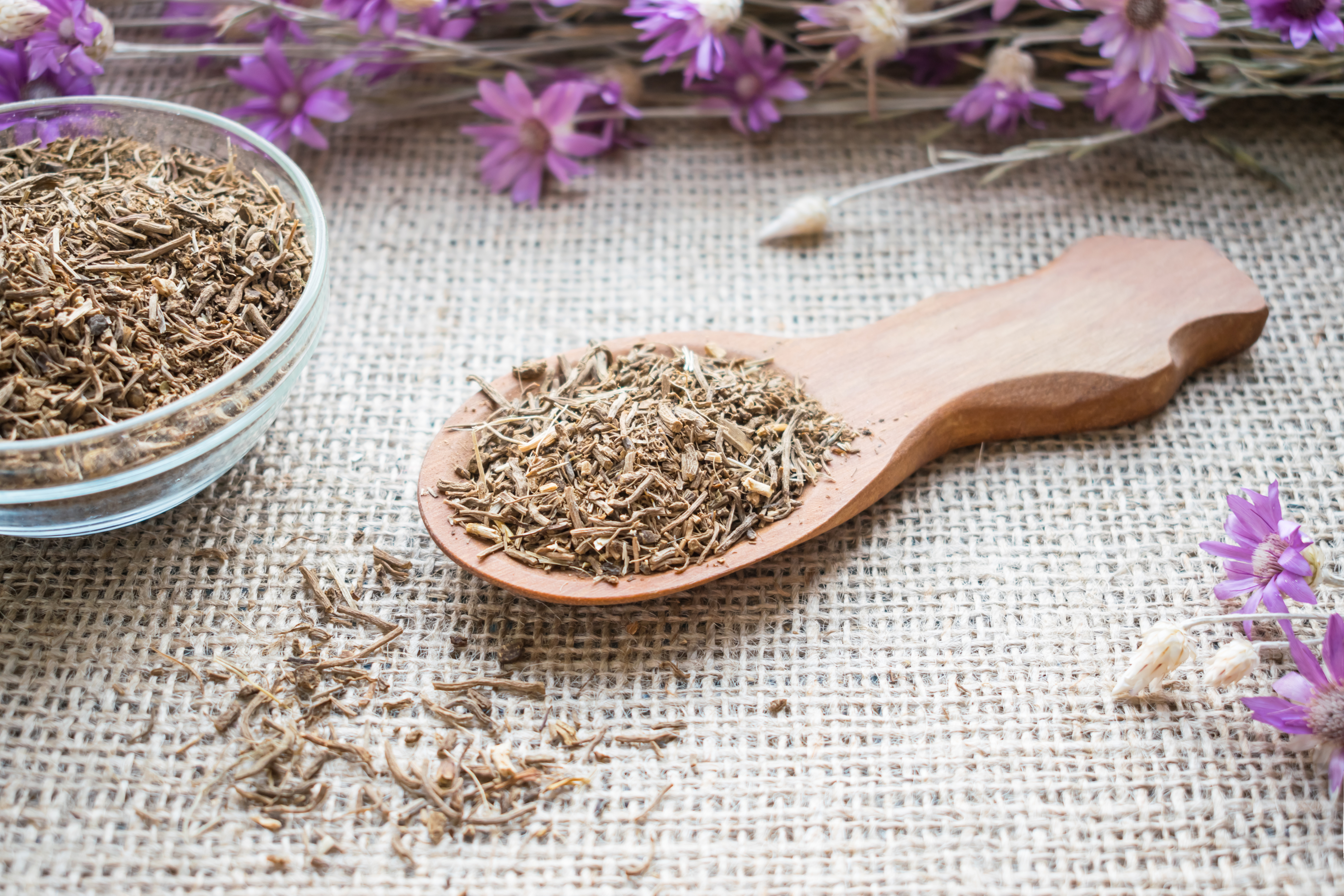
Valerian root is a time-honored herb that is known for its ability to promote relaxation and sleep. It contains compounds that interact with brain receptors to reduce anxiety and calm the nervous system. Valerian root can help to improve sleep quality, reduce the time it takes to fall asleep, and alleviate insomnia. Unlike some sleep medications, it does not cause grogginess the next morning. Valerian root is most commonly consumed as a tea or in capsule form. Incorporating it into your evening routine can help you wind down and get the restorative sleep your body needs.
30. Ashwagandha: The Grounding Adaptogen
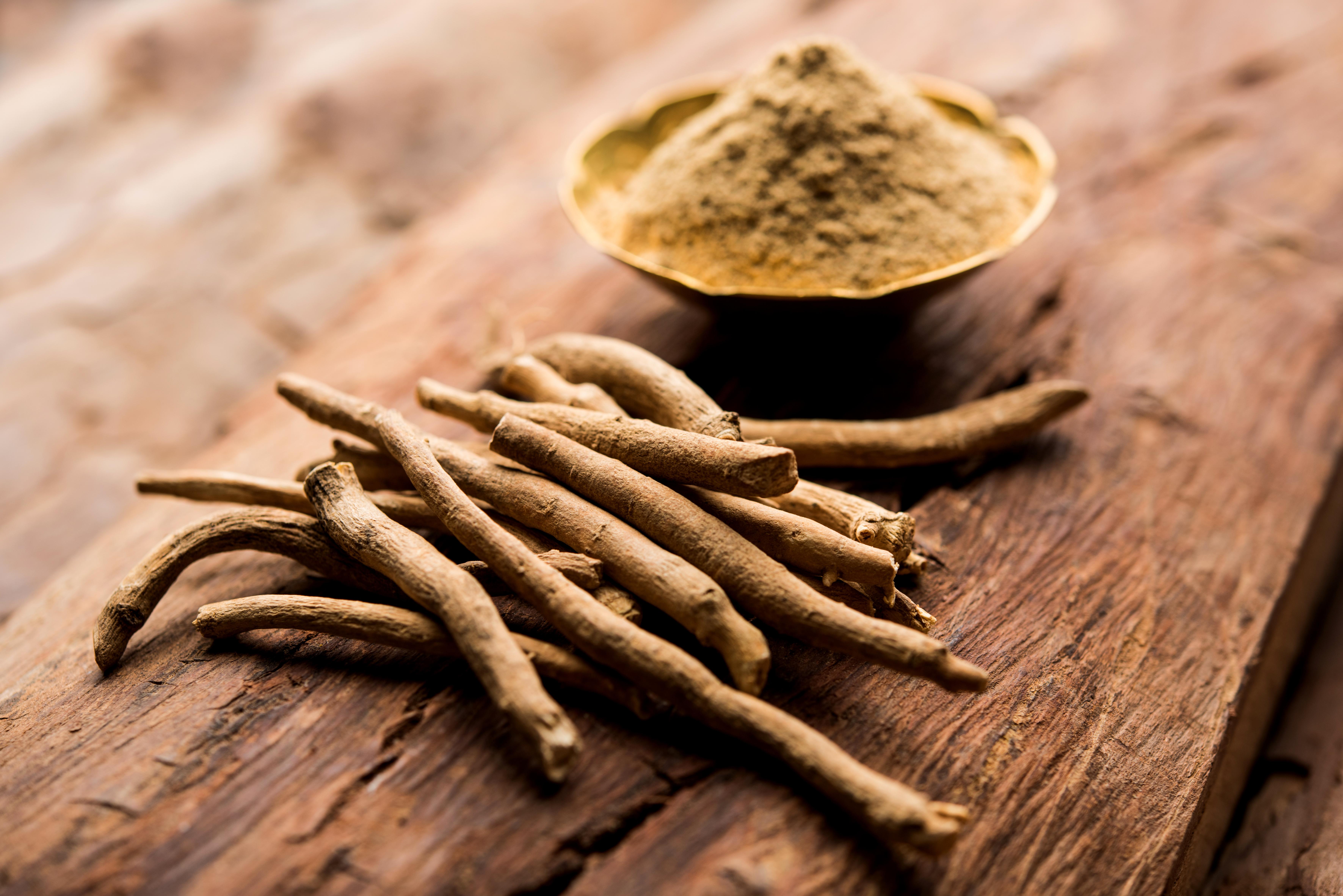
Ashwagandha is an adaptogenic herb, a class of plants that helps the body manage and adapt to stress. Used for centuries in Ayurvedic medicine, ashwagandha works by regulating cortisol, the body’s primary stress hormone. A daily dose can reduce anxiety, improve mental clarity, and boost resilience to everyday pressures. It’s also known to enhance stamina and physical performance, making it a great choice for both mental and physical wellness. Typically found in powdered or capsule form, ashwagandha is a grounding addition to your routine that helps you feel calm and centered.
31. Ginger: The Digestive Firestarter
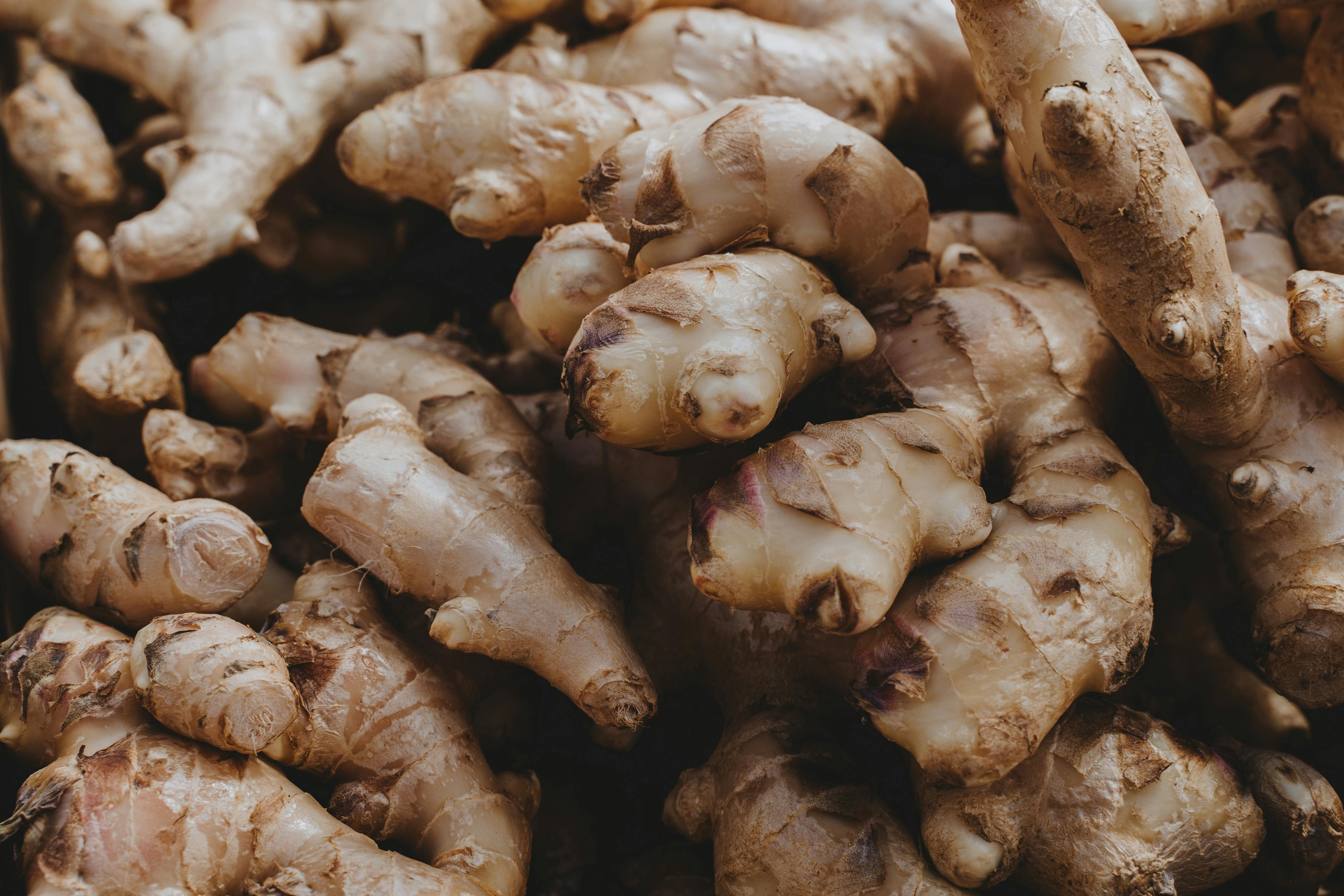
More than just a spicy kick, ginger is a potent herb for digestive and anti-inflammatory health. Its primary compound, gingerol, is a powerful antioxidant that helps settle an upset stomach, alleviate nausea, and reduce bloating. Ginger has also been shown to improve circulation and relieve muscle soreness. Fresh ginger root can be grated into teas or smoothies, added to stir-fries, or even candied for a sweet treat. Whether you’re recovering from an illness or simply need to soothe your stomach, ginger is a reliable and versatile ally.
32. Chamomile: The Gentle Soother
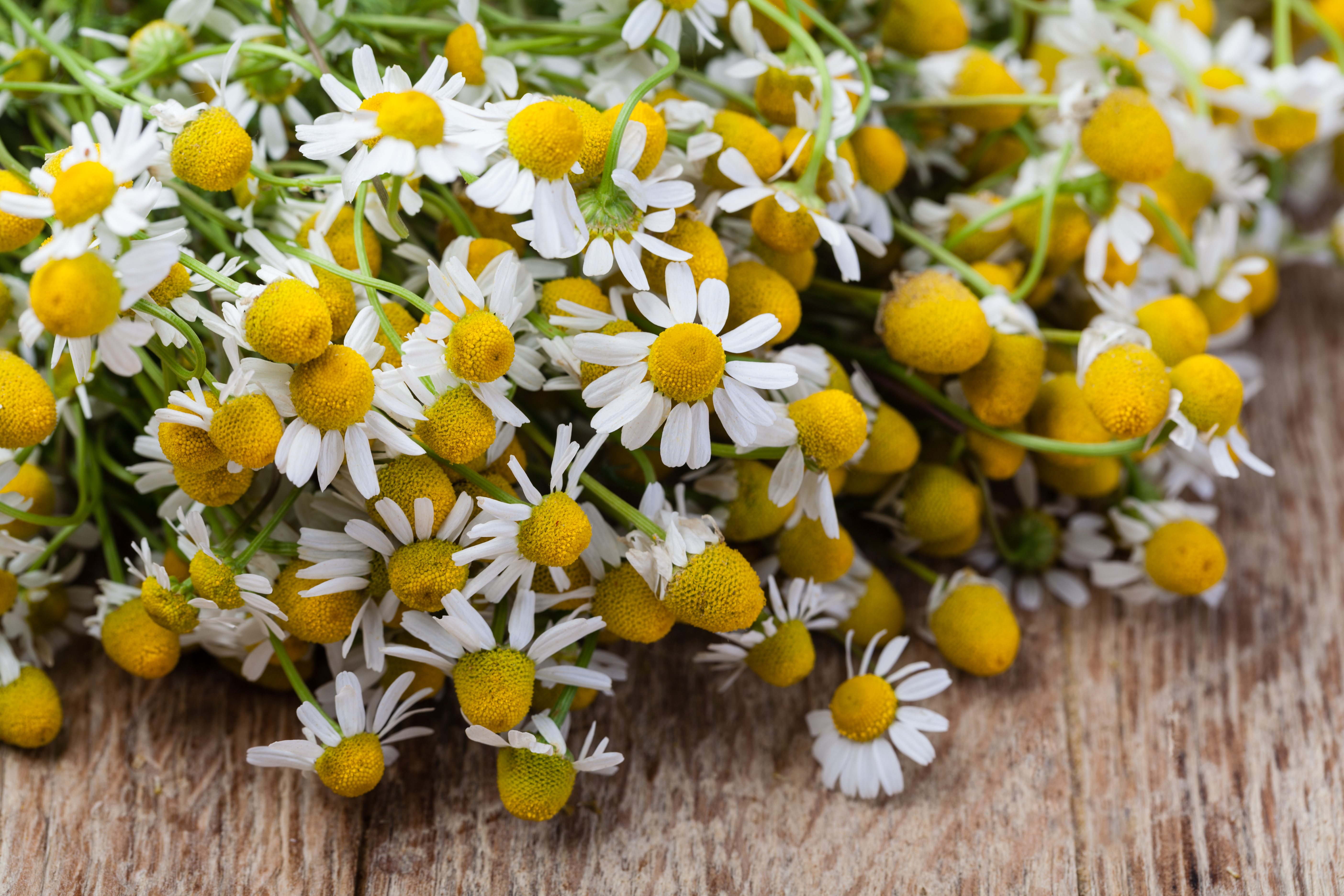
While similar to lavender and valerian root in its calming effects, chamomile has a unique benefit for overall digestive health. Its gentle sedative properties are known to relax muscles, including those in the stomach and intestines, making it effective for easing indigestion, spasms, and gas. Chamomile’s mild, floral flavor makes it a perfect tea for winding down after a long day. It’s also rich in antioxidants that help reduce inflammation. A warm cup of chamomile tea is a simple ritual for promoting both restful sleep and a calm, happy gut.
33. Dandelion Root: The Liver's Ally
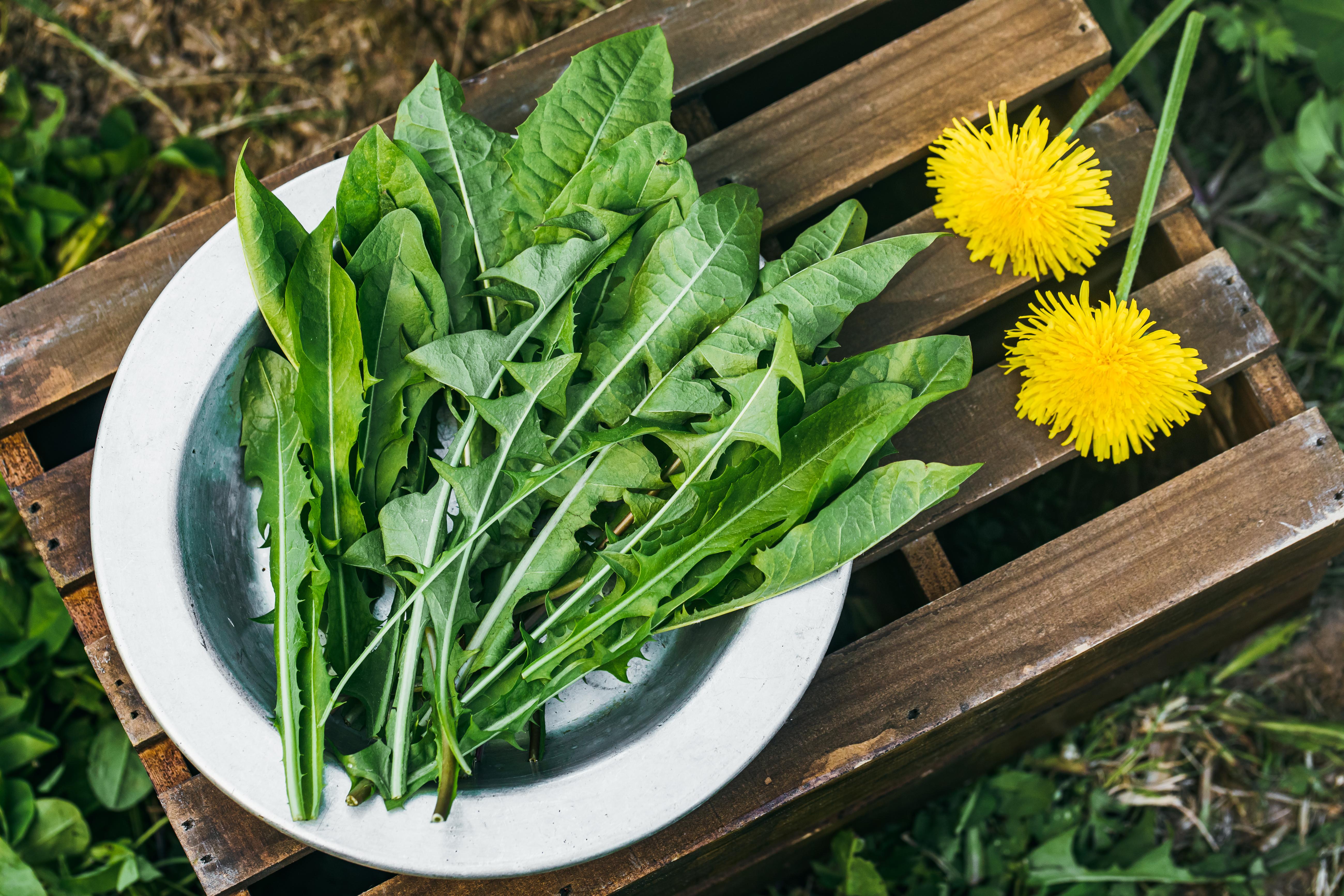
Often dismissed as a common weed, dandelion is a powerful medicinal herb, particularly its root. Dandelion root is a natural diuretic and has long been used to support the liver and kidneys in their detoxification processes. It helps stimulate bile production, which aids in digestion and helps the body filter waste more efficiently. The root can be roasted and brewed into a coffee-like tea or found in capsules. By supporting your body’s natural cleansing organs, dandelion root can help improve skin health, reduce bloating, and boost overall vitality.
34. Cloves: The Potent Antioxidant
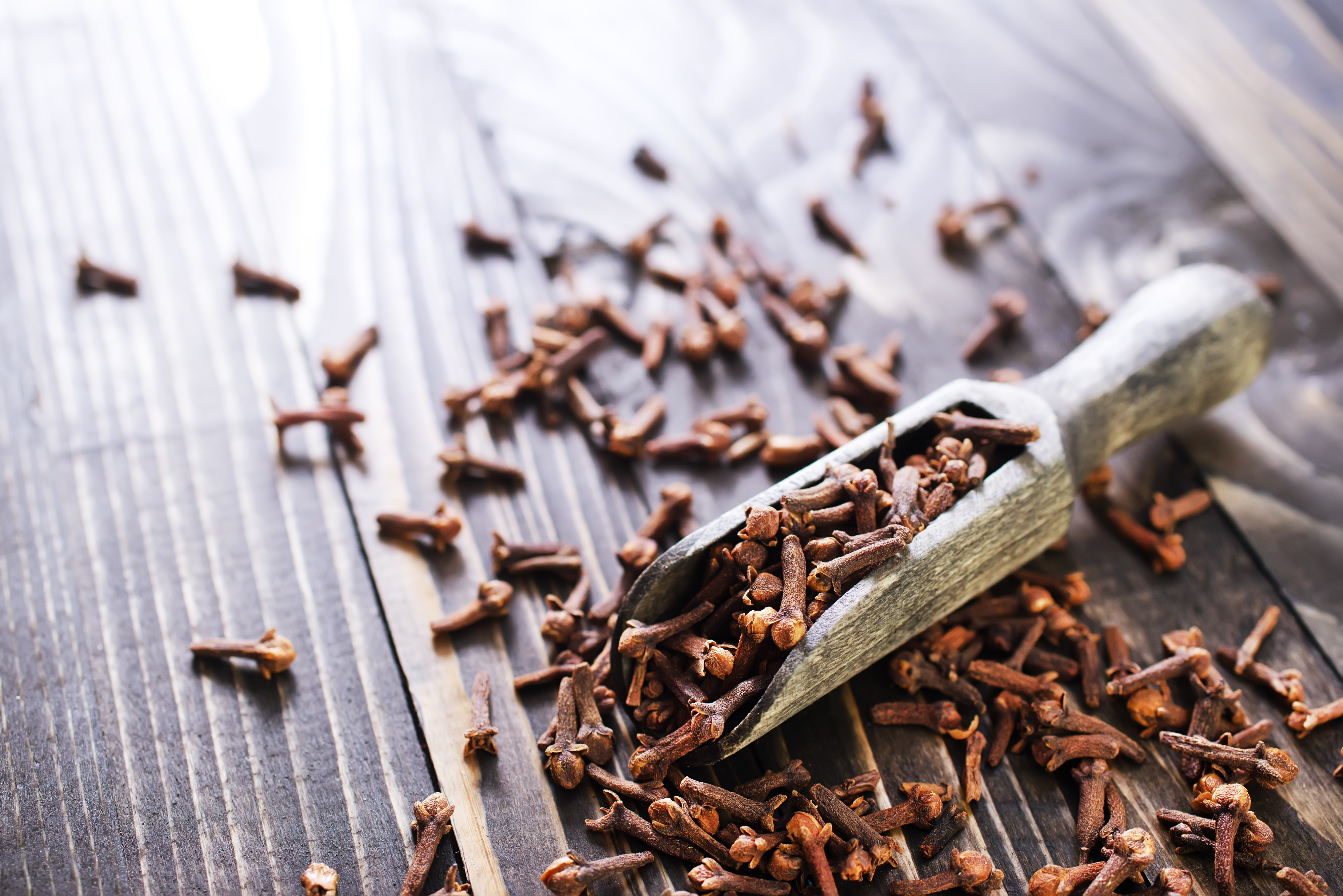
Beyond their warm, pungent flavor, cloves are a powerhouse of antioxidants and antimicrobial compounds. The active ingredient, eugenol, is a potent antioxidant that helps protect cells from damage and combat inflammation. Cloves are also a powerful natural antiseptic, used traditionally to alleviate toothaches and fight oral infections. You can use whole cloves to spice up your mulled wine, or a small amount of ground cloves in baking and stews. This humble spice is proof that some of the most powerful health benefits are hiding in the smallest corners of your pantry.
35. Catnip: The Calming Herb
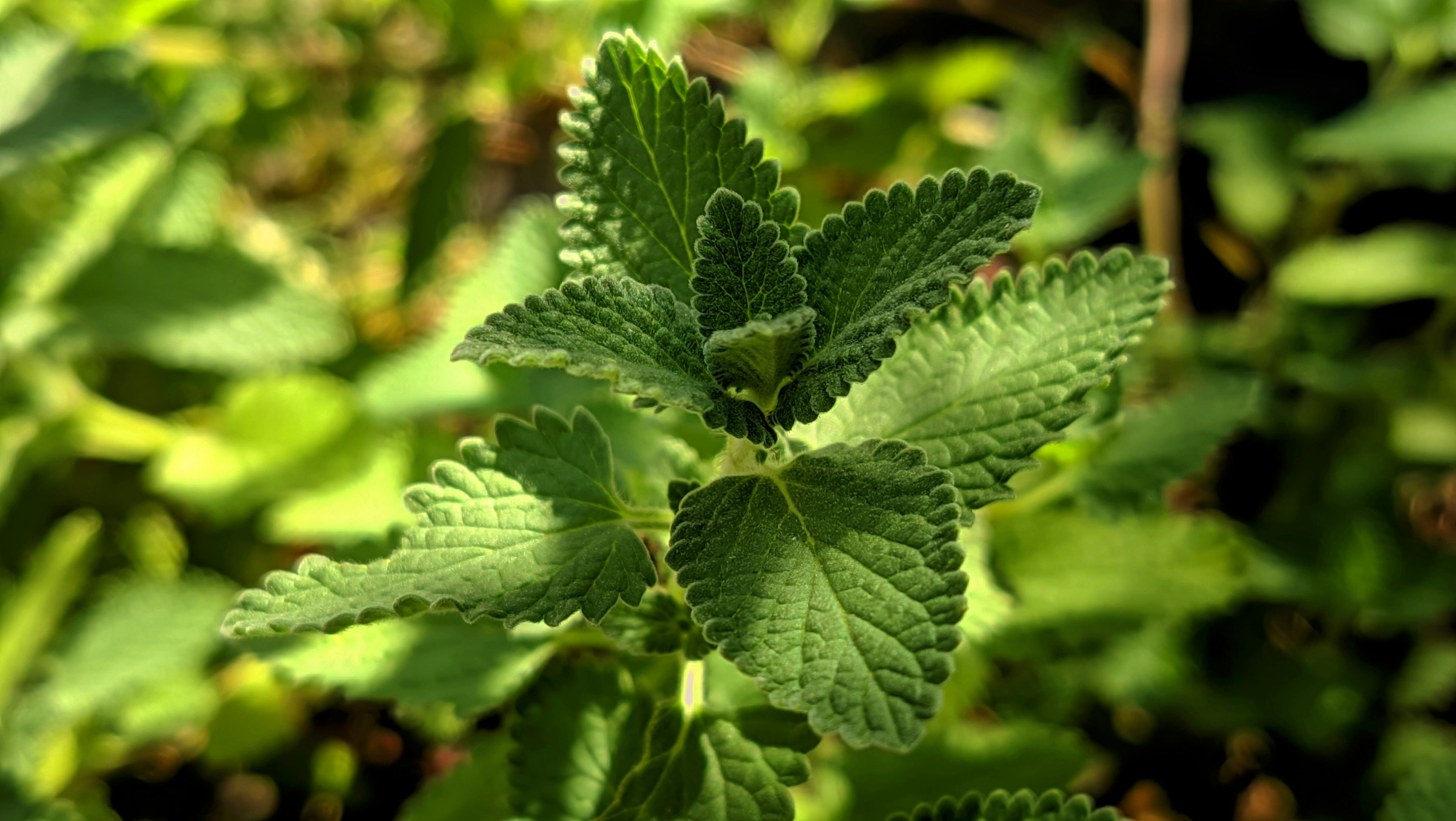
While often associated with its intoxicating effect on felines, catnip is a powerful calming herb for humans. The active compound, nepetalactone, acts as a mild sedative, helping to reduce anxiety and promote relaxation. Traditionally, catnip has been used to alleviate restlessness, ease nervous tension, and aid in sleep. It's a gentle alternative to stronger sedatives and is particularly useful for those who feel overwhelmed or have trouble winding down after a stressful day. The easiest way to consume it is by brewing a mild, minty tea, making it a soothing, effective ritual before bedtime.
36. Marshmallow Root: The Soothing Demulcent
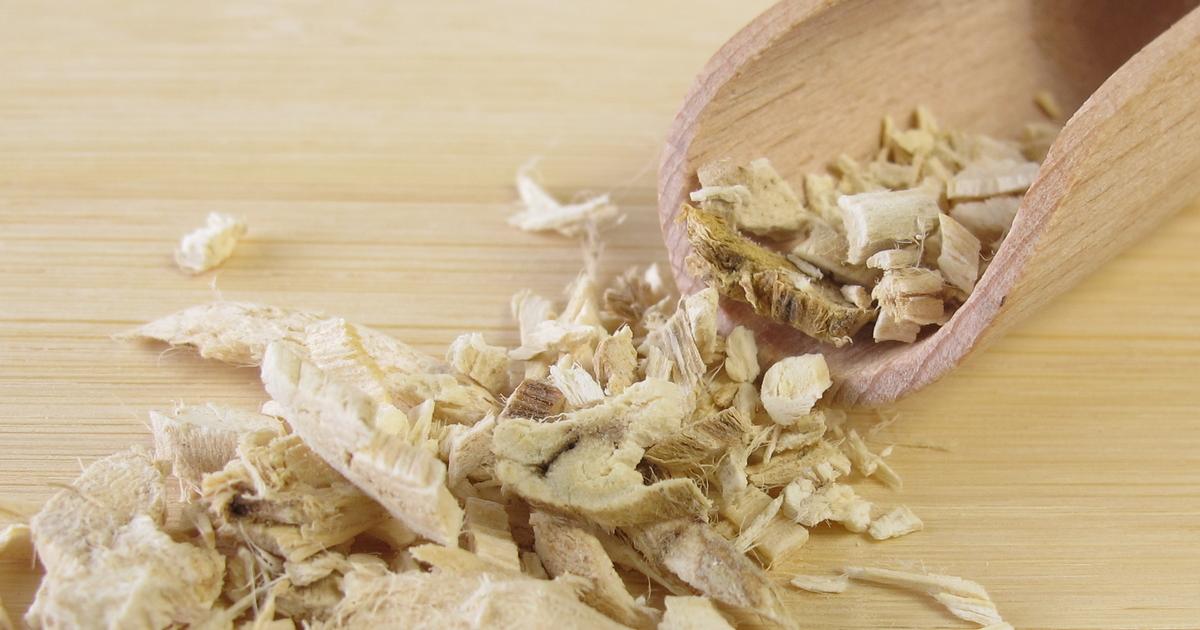
Don't confuse this with the sweet confectionery; marshmallow root is a medicinal herb with powerful soothing properties. It contains a high concentration of mucilage, a gel-like substance that coats and protects irritated mucous membranes. This makes it a fantastic remedy for a sore throat, dry cough, or irritated stomach lining. By forming a protective barrier, it helps reduce inflammation and allows tissues to heal. Marshmallow root is typically prepared as a cold infusion or a tea, offering a simple and effective way to soothe irritated internal tissues and support respiratory and digestive health.
37. Horsetail: The Mineral-Rich Healer
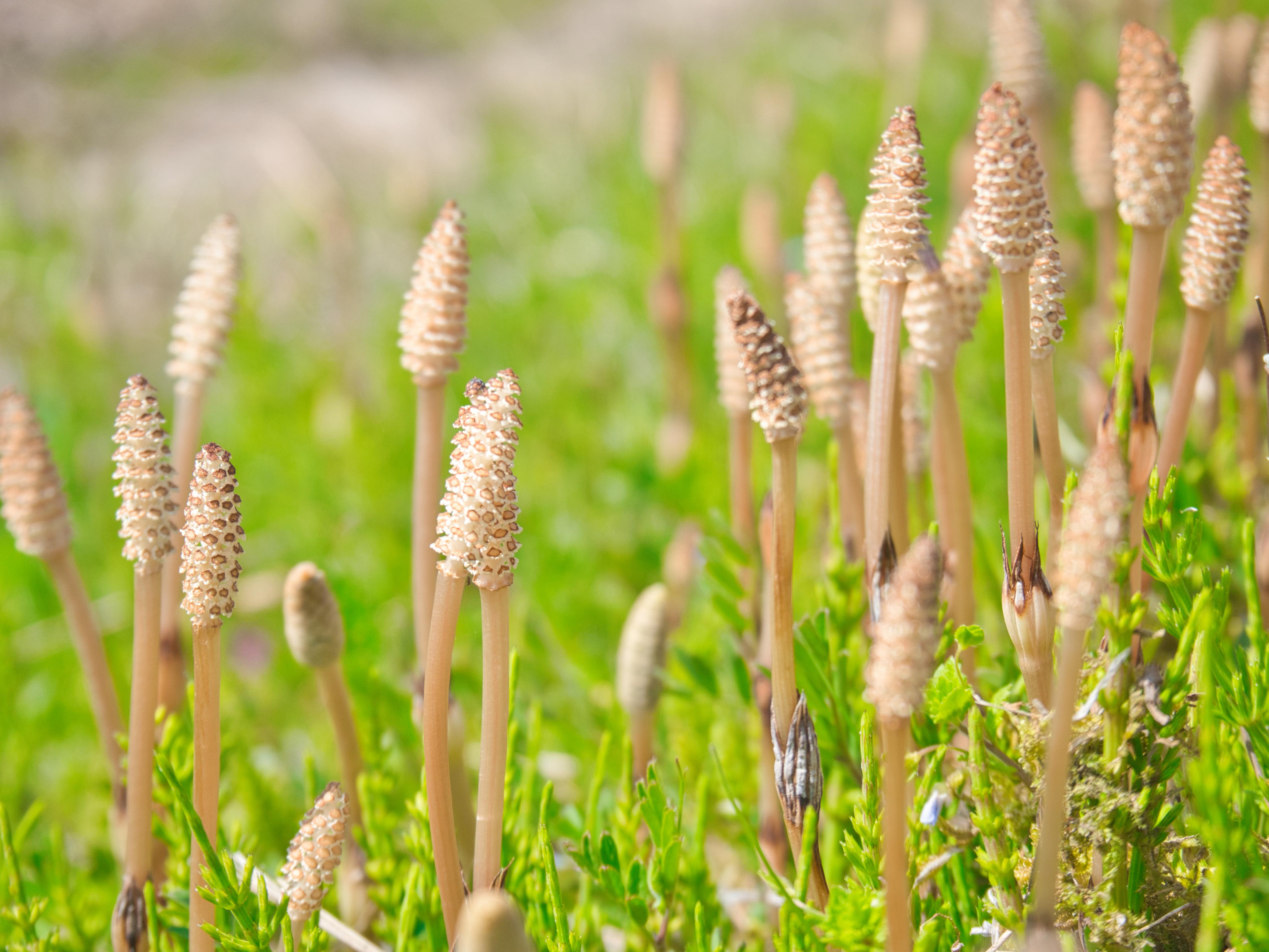
Often found in swamps and wetlands, horsetail is a unique herb with a long history of use for bone and skin health. It's one of the few plants with a high concentration of silica, a mineral vital for strengthening connective tissues, including bones, hair, skin, and nails. Silica helps the body absorb calcium more effectively, which can help prevent osteoporosis and improve bone density. Horsetail also acts as a mild diuretic, aiding in kidney health and reducing fluid retention. It can be consumed as a tea or taken as a supplement, making it an excellent natural source for promoting strong bones and a vibrant appearance from the inside out.
38. Yarrow: The Multi-Purpose First-Aid Herb

Yarrow is a versatile herb often found in meadows, and it's been used for centuries as a natural first-aid remedy. Its active compounds, like achilleine, are known for their ability to help stop bleeding and promote wound healing by constricting blood vessels. Yarrow also has powerful anti-inflammatory and antimicrobial properties, making it useful for soothing skin irritations, minor cuts, and scrapes. Additionally, when brewed as a tea, it can help reduce fevers by promoting sweating. With its wide range of uses, a yarrow tincture or dried leaves are a fantastic and easy-to-use addition to any home first-aid kit.
39. Pau d’Arco: The Inner Bark Protector

Pau d’Arco is an herb derived from the inner bark of a South American tree and is celebrated for its powerful antifungal and immune-boosting properties. It contains a compound called lapachol, which has been shown to effectively fight off various harmful pathogens, including Candida and other fungal infections. Pau d'Arco is also a potent anti-inflammatory, helping to reduce pain and swelling. While it’s not a culinary herb, it is widely available as a tea or in capsule form. Incorporating this unique bark into your routine can be a great way to support your body's natural defenses and maintain gut and immune system integrity.
40. Cat's Claw (Uncaria tomentosa): The Immune and Joint Support

Cat's Claw, an herb derived from the bark and root of a tropical vine, is a potent adaptogen and anti-inflammatory. Its benefits come from unique oxindole alkaloids and proanthocyanidins that directly support DNA repair and cellular health, leading to stronger immune response. Crucially, studies have shown its efficacy in relieving joint pain and inflammation associated with arthritis, a common age-related concern. It helps reduce chronic systemic inflammation without significant side effects. Typically consumed as a tea or in capsule form, incorporating Cat's Claw can provide a holistic boost to resilience and joint comfort, supporting an active and pain-free lifestyle.
From Kitchen to Cure: The Healing Power of Everyday Herbs
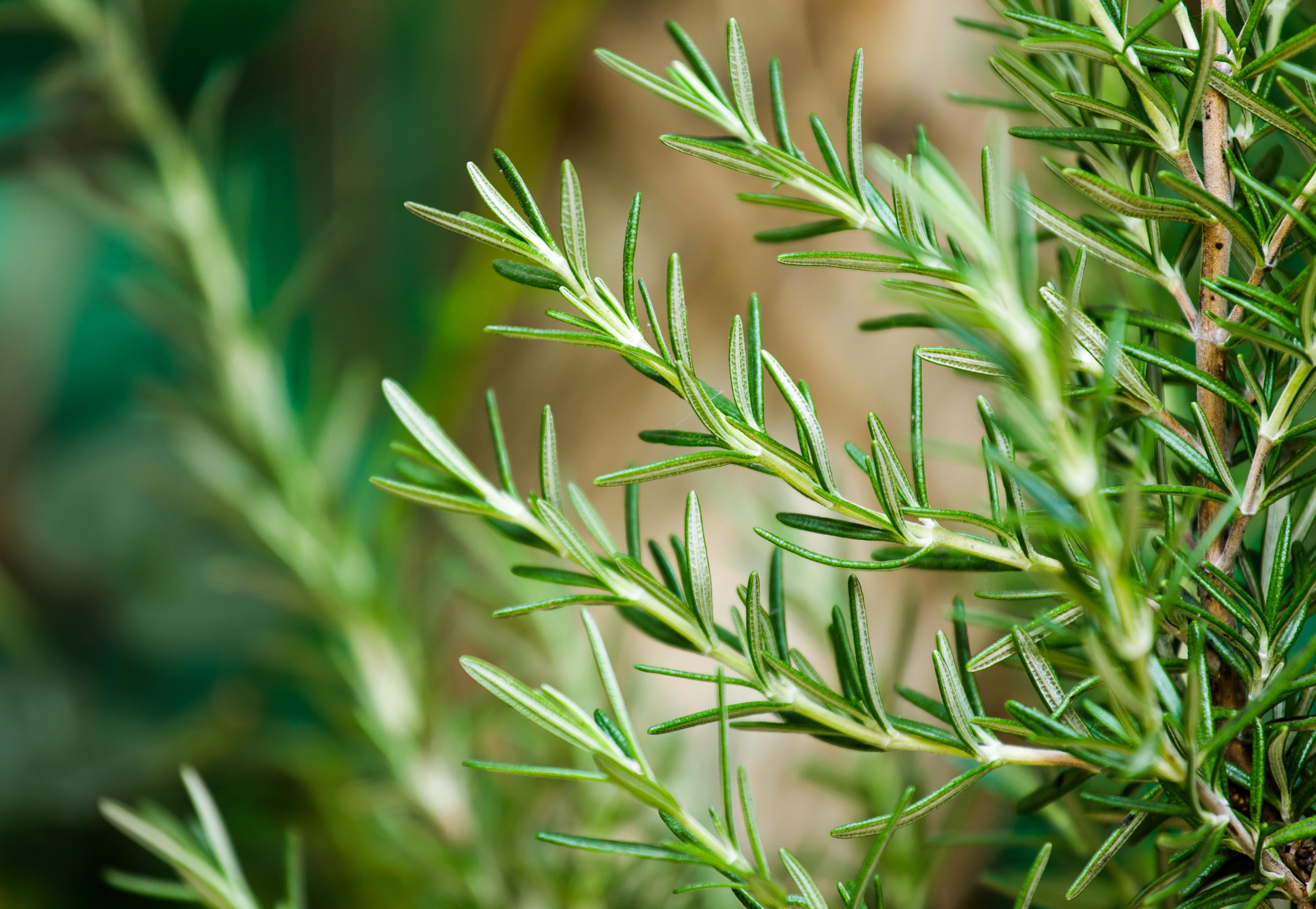
Whether it’s holy basil to steady your nerves, curry leaves to revive your hair, or bay leaves to support digestion, these herbs prove that everyday wellness can be both simple and delicious. The best part? Most of them are already in your kitchen—or just a grocery trip away. So don’t just season your meals—season your life with intention, tradition, and a little bit of green magic. Your body will thank you, your mind will notice, and your future self will wonder why you didn’t start sooner.